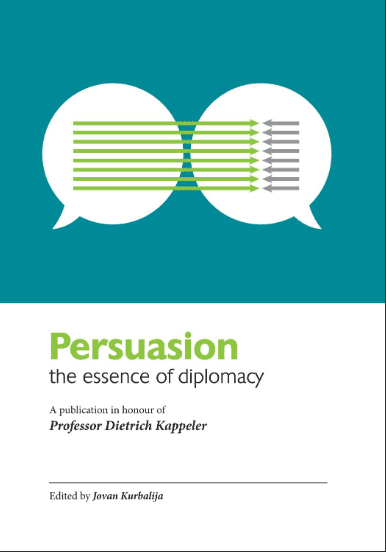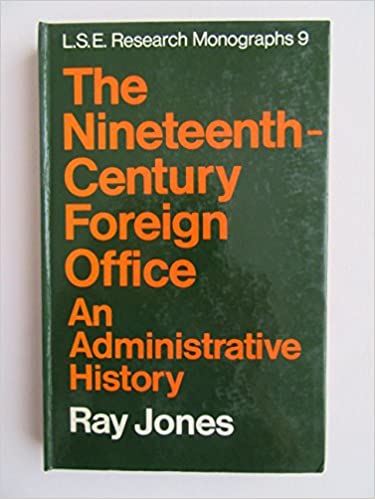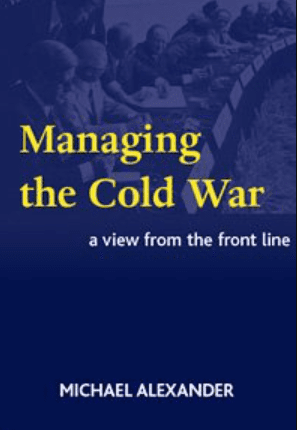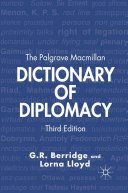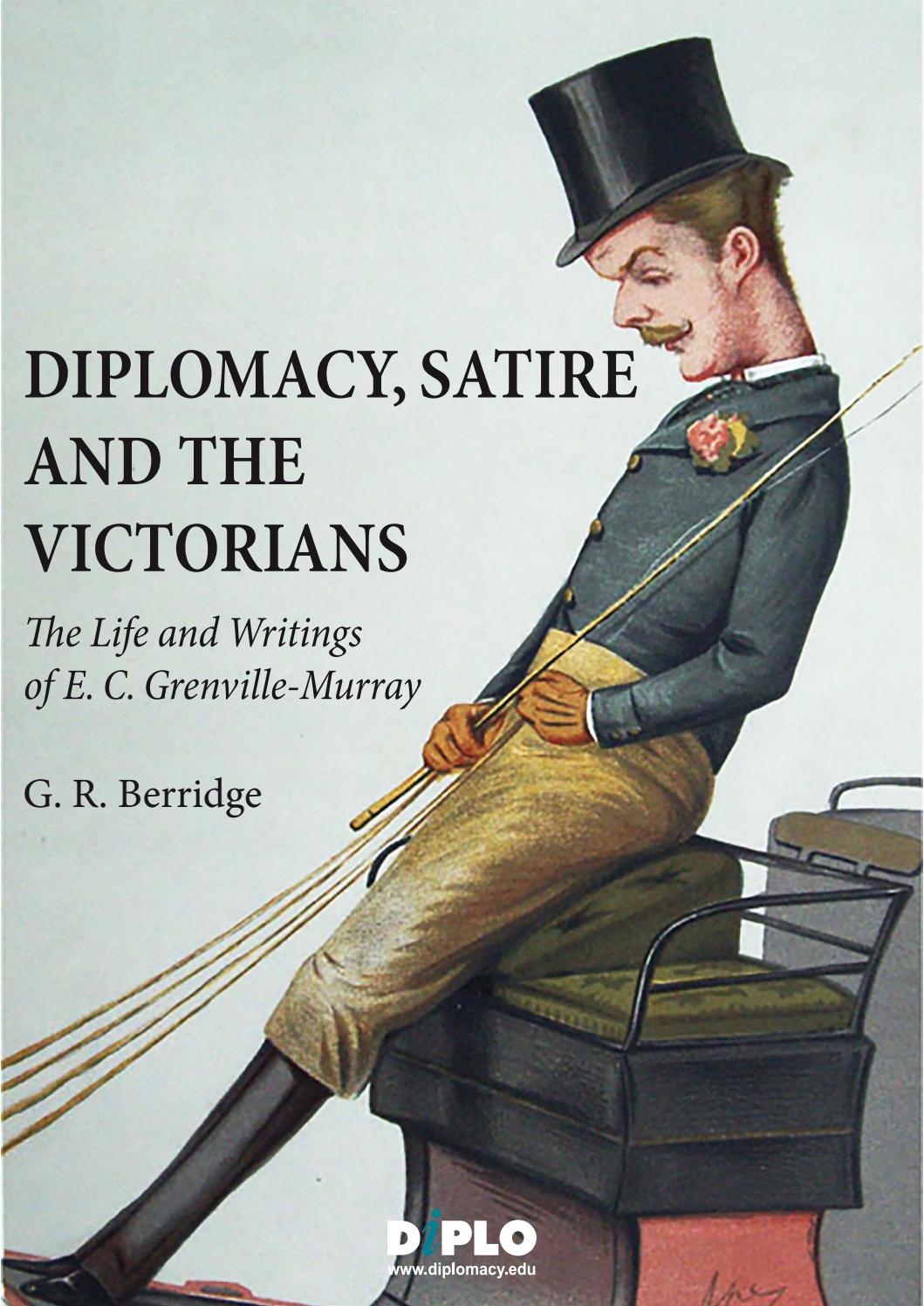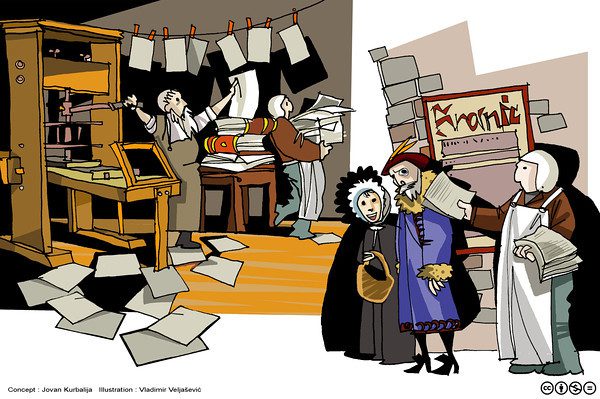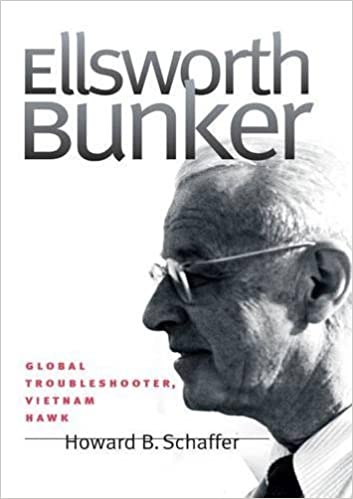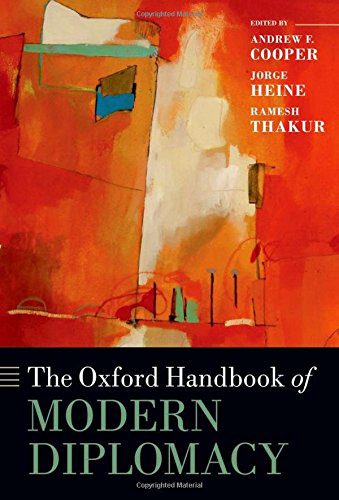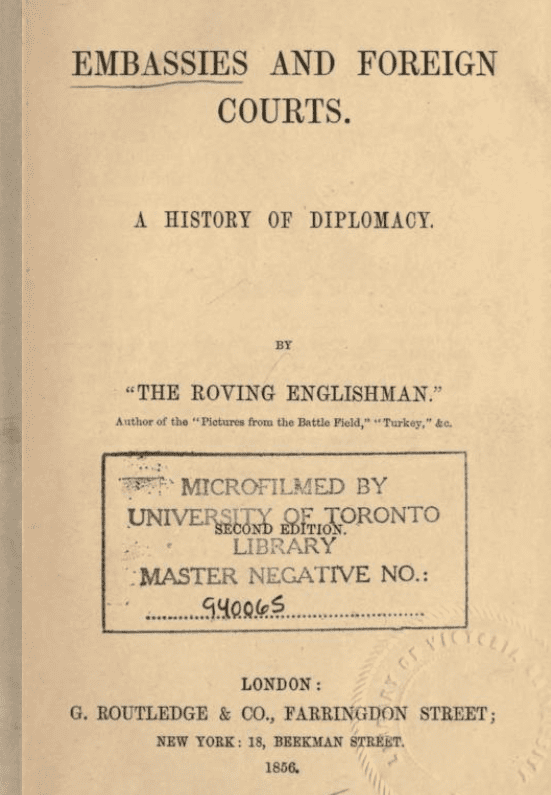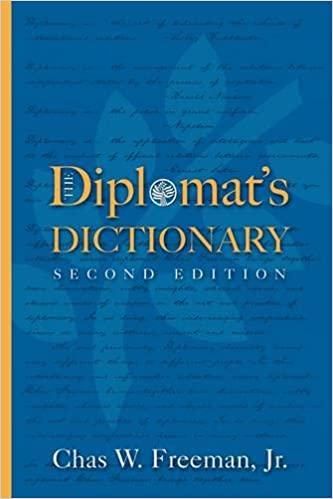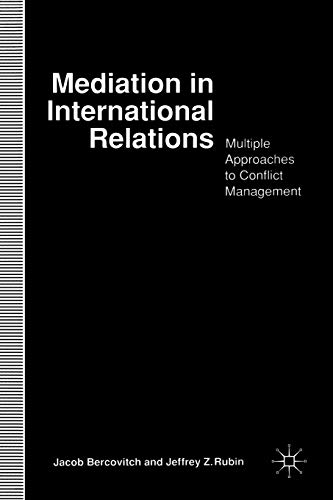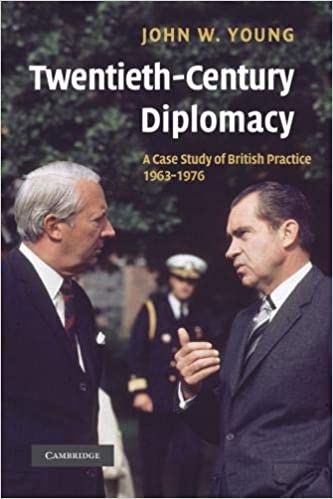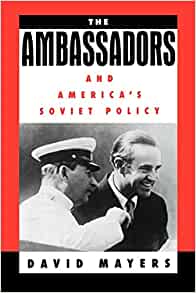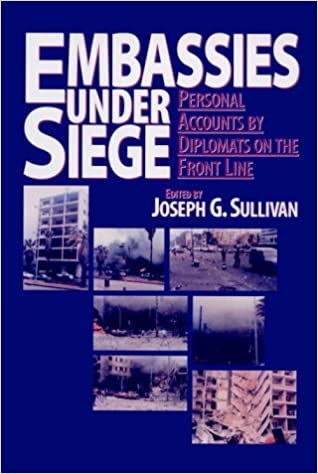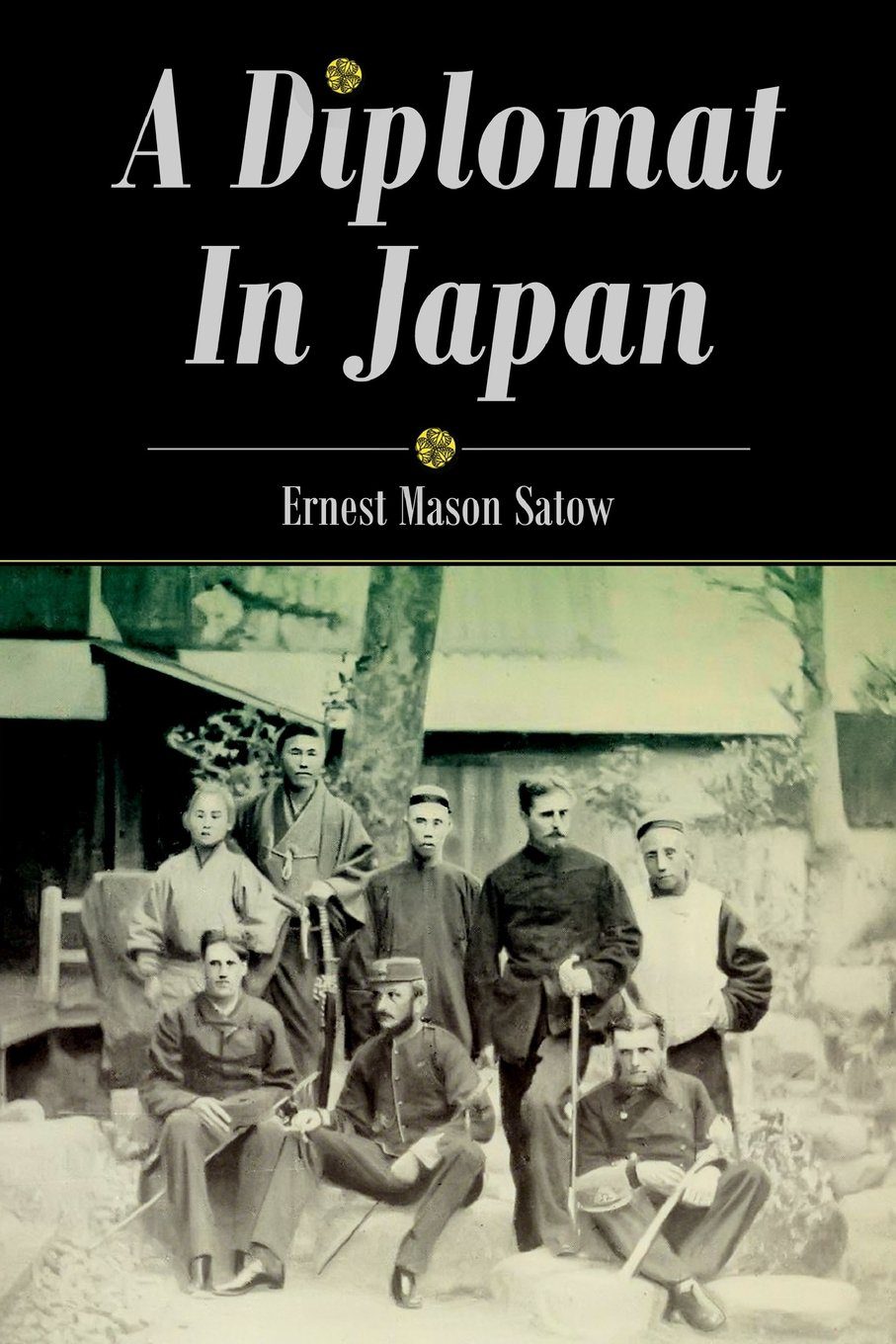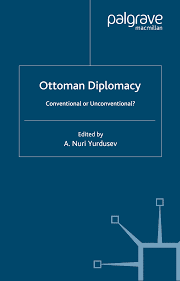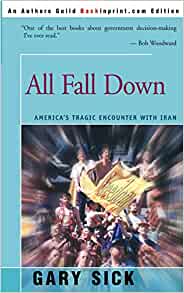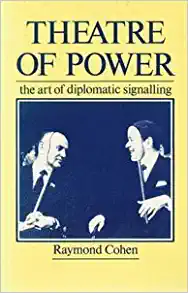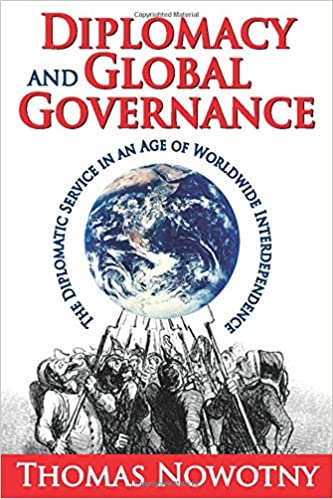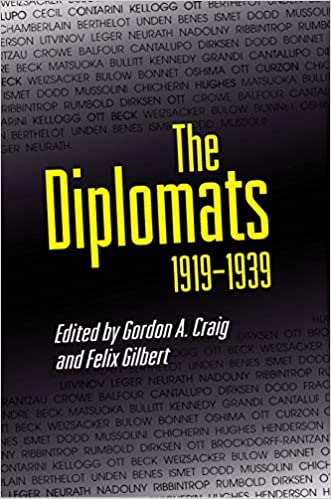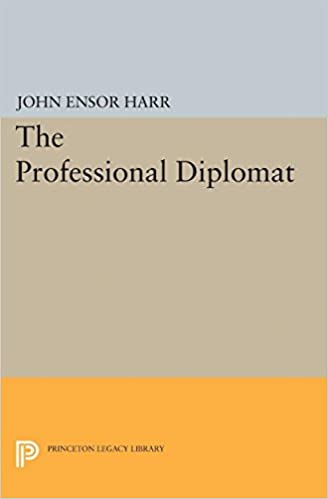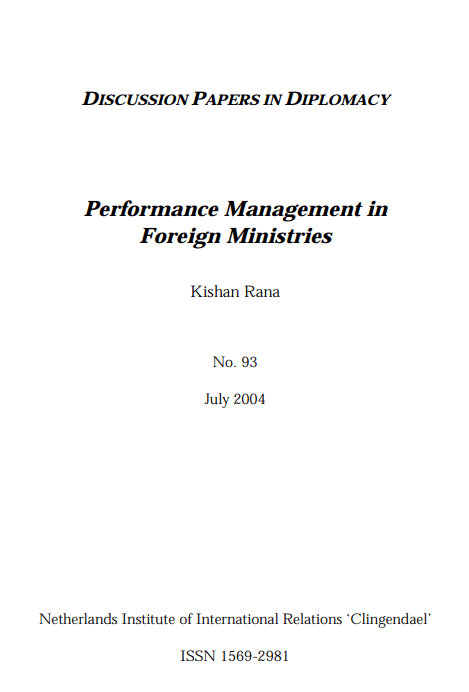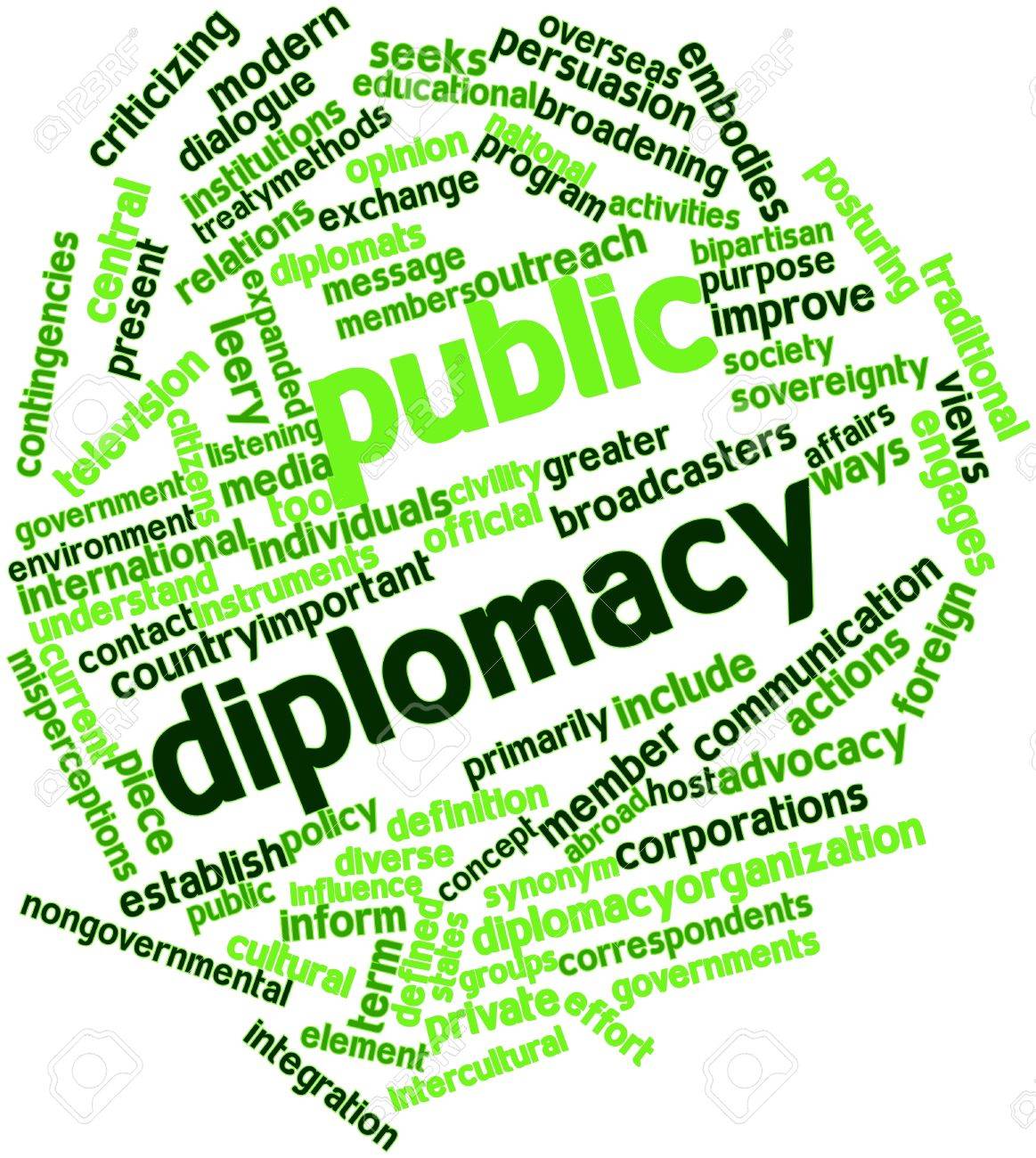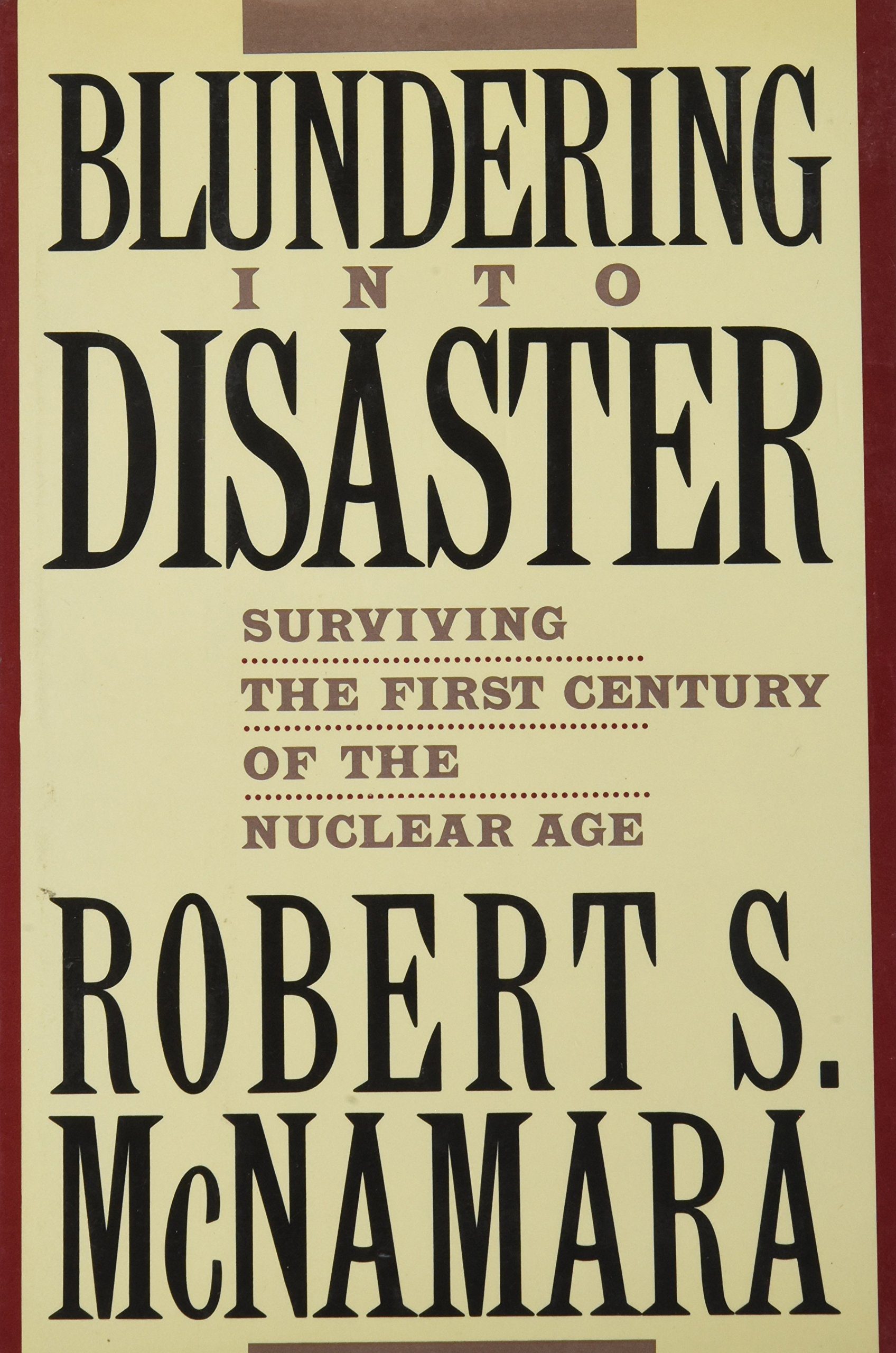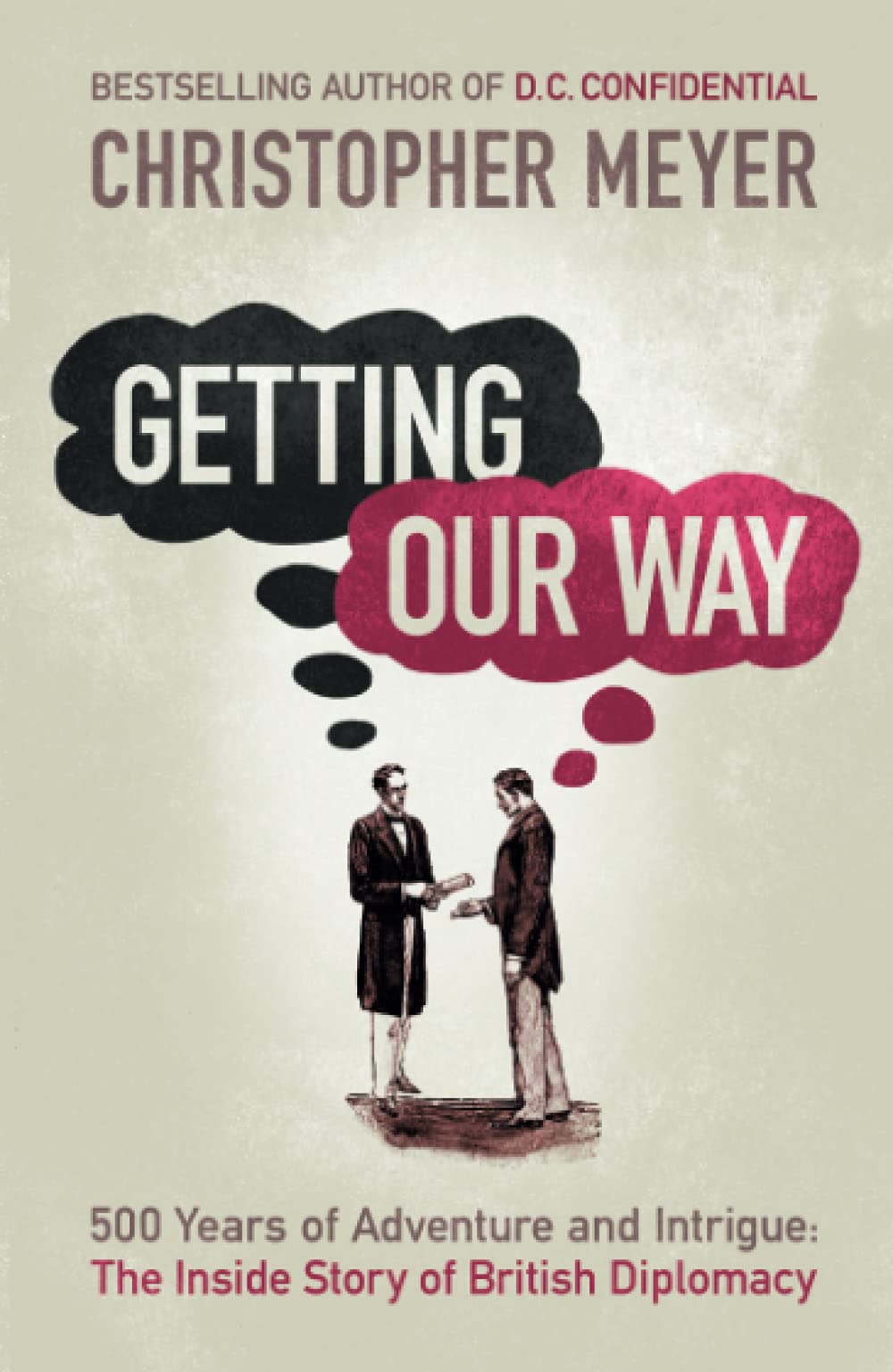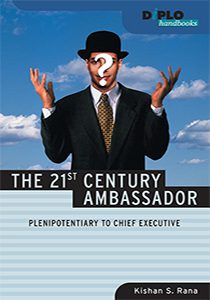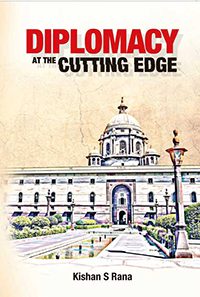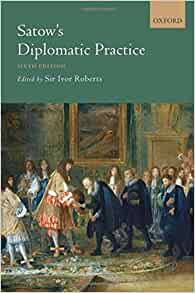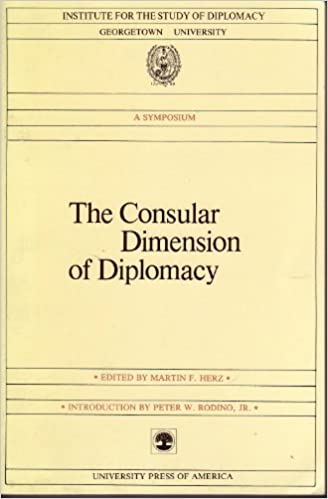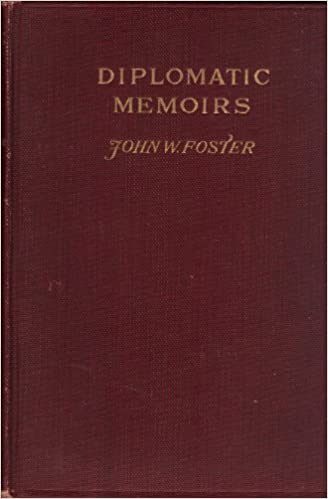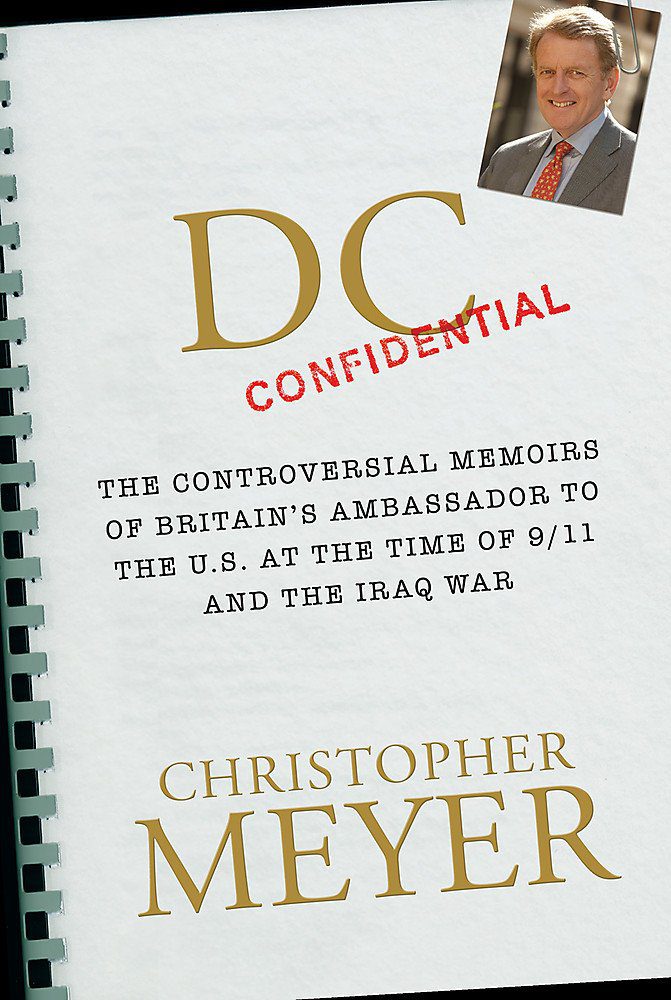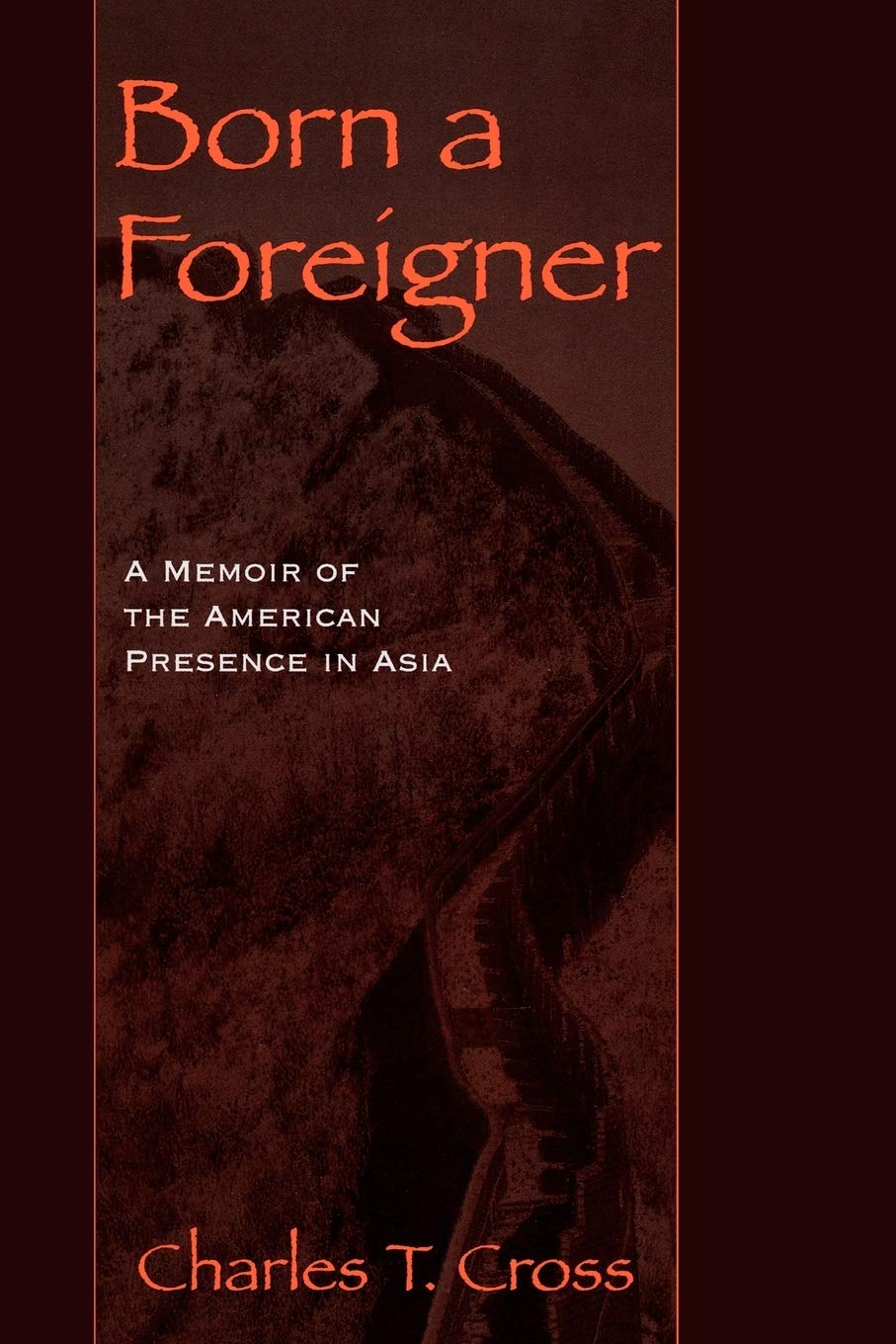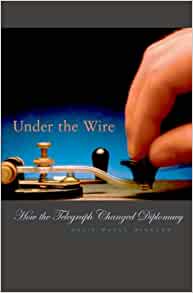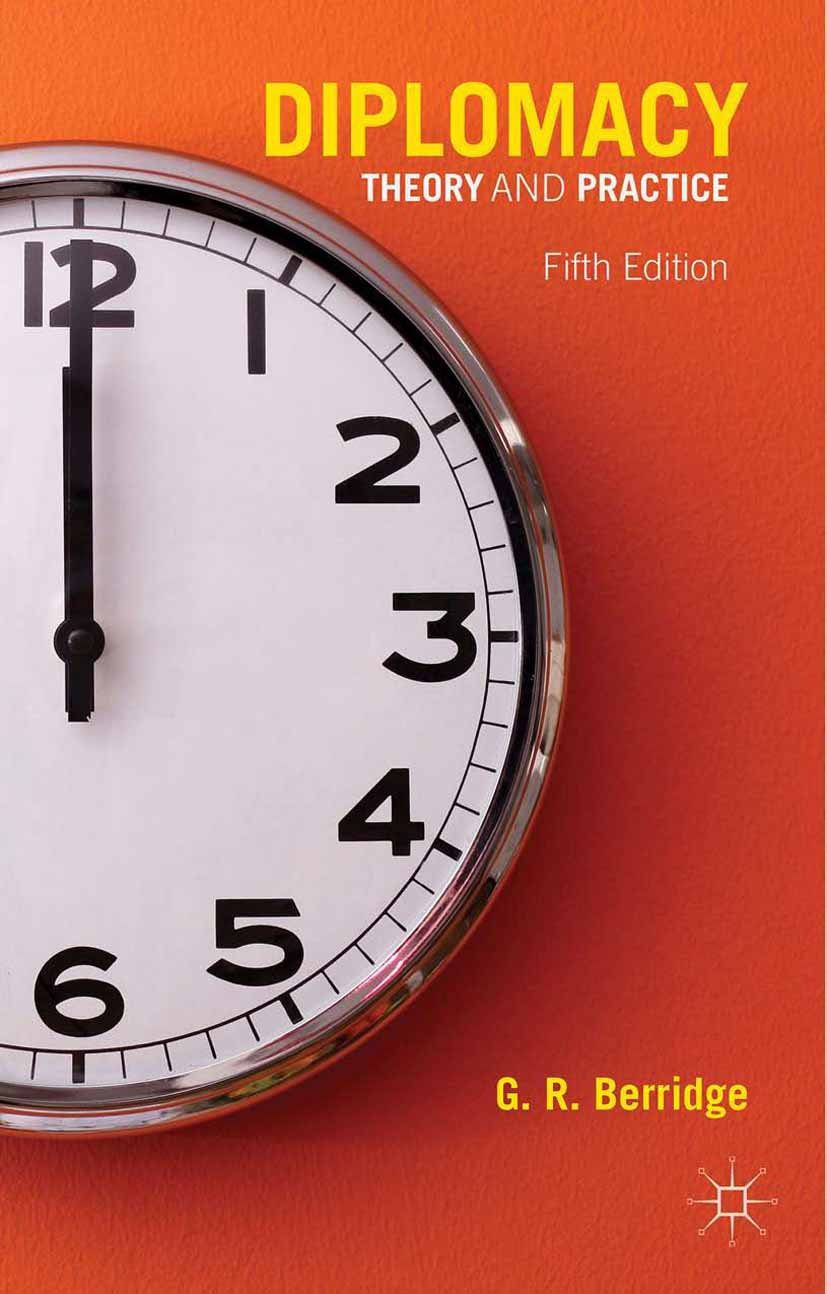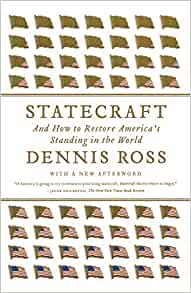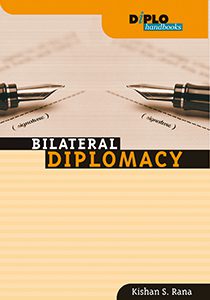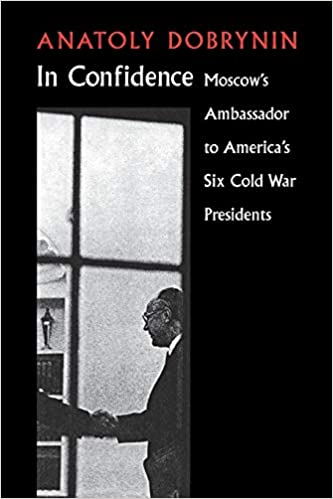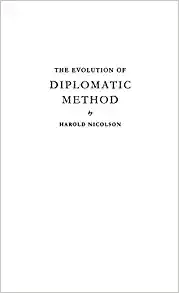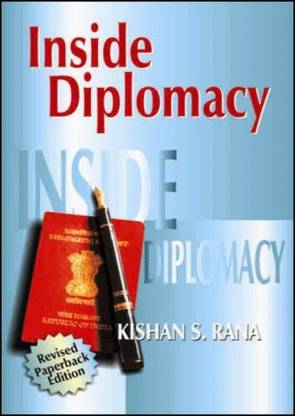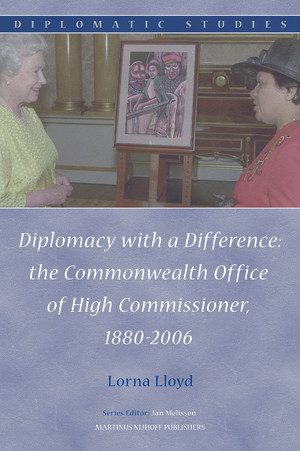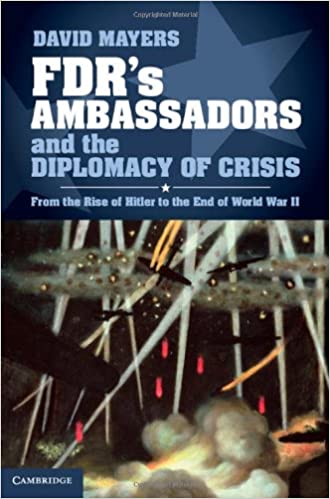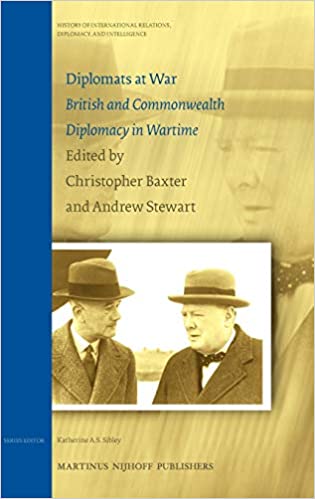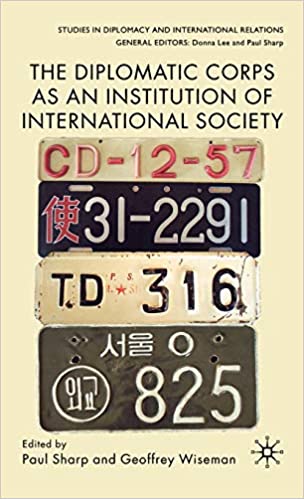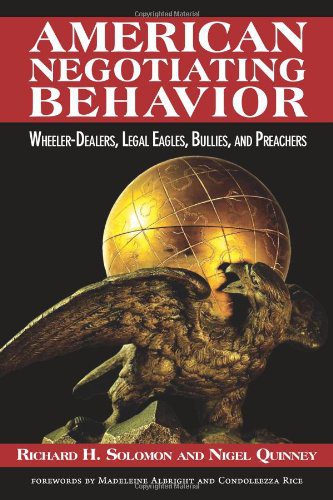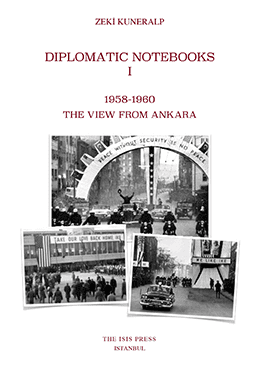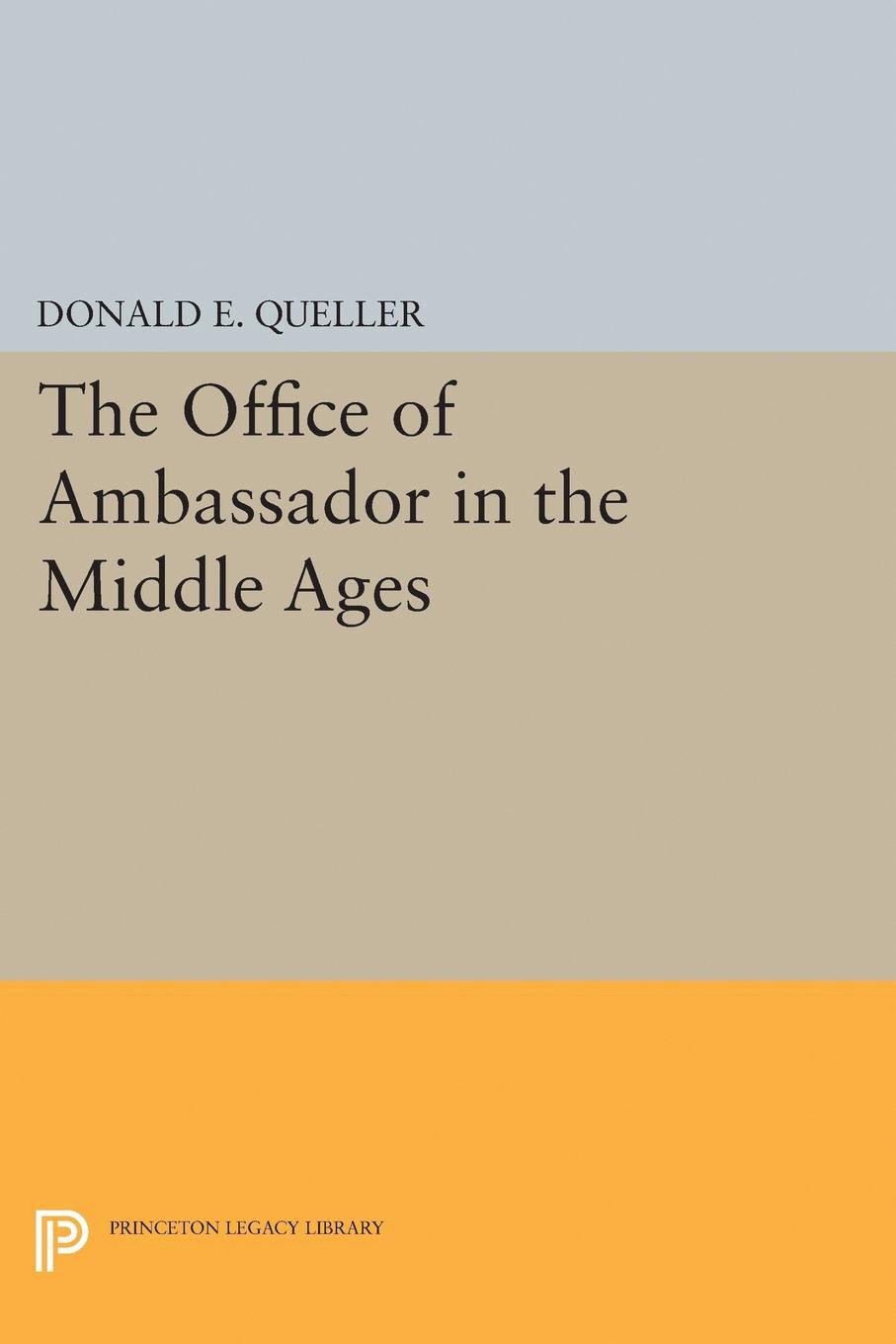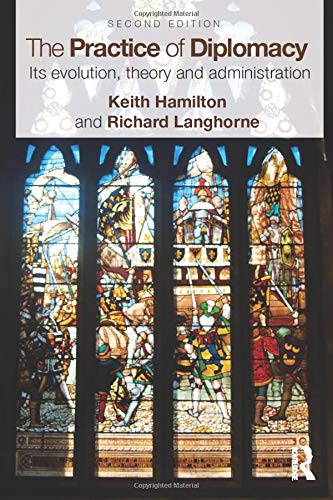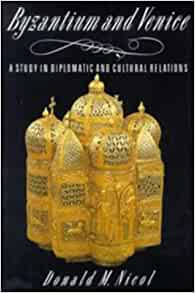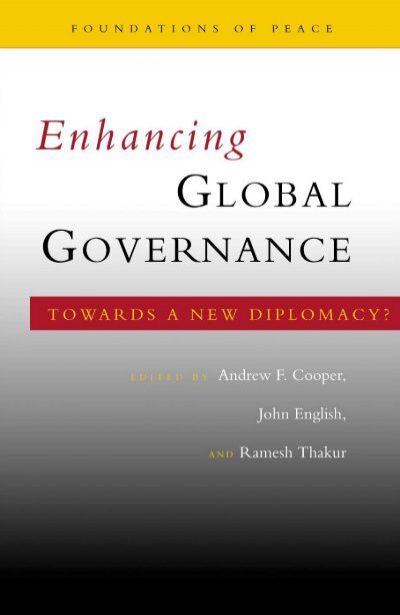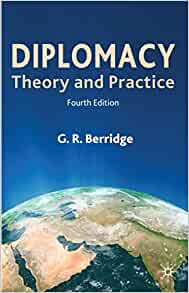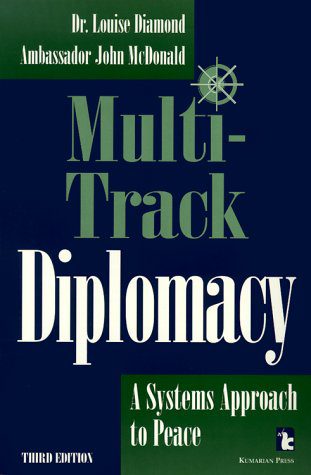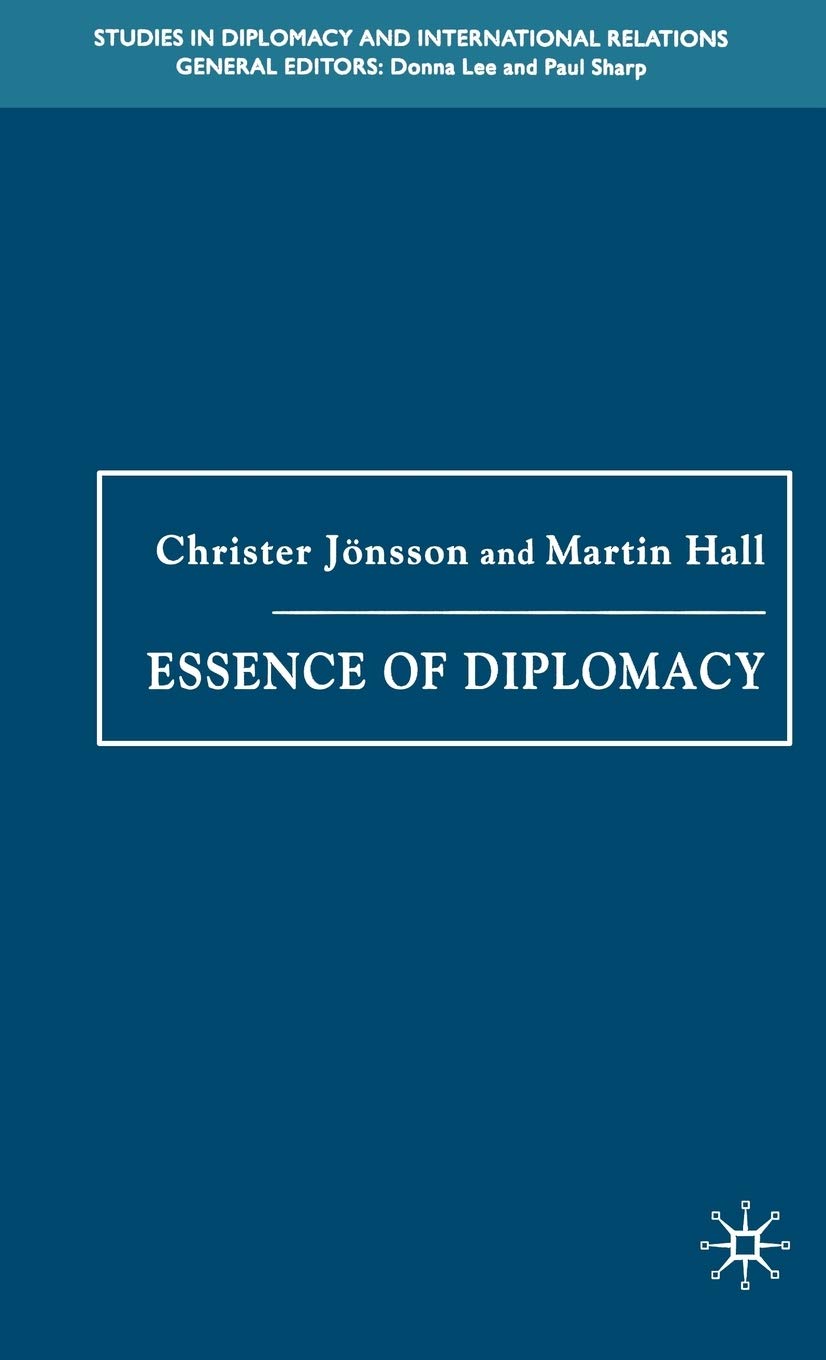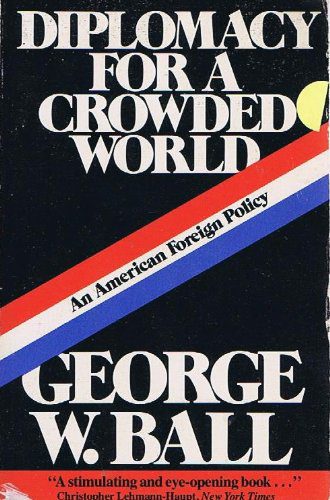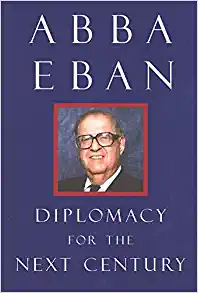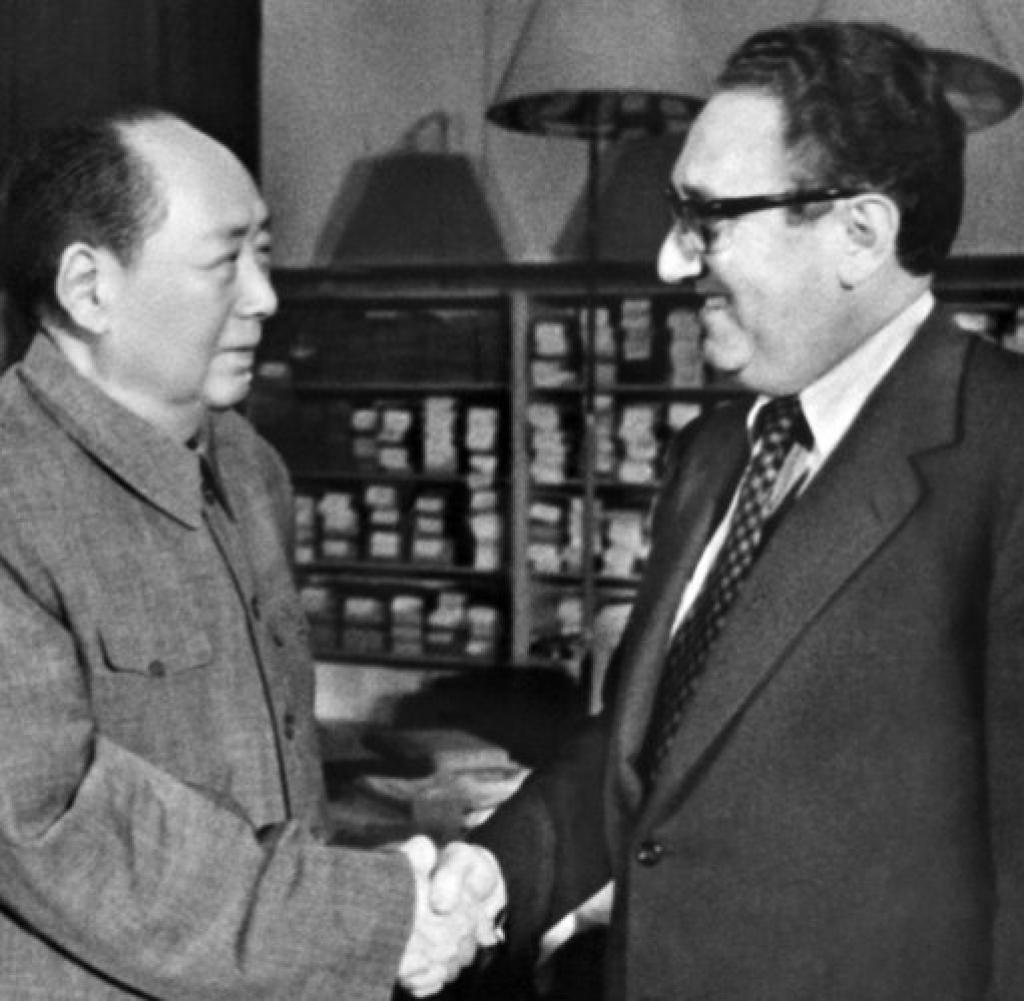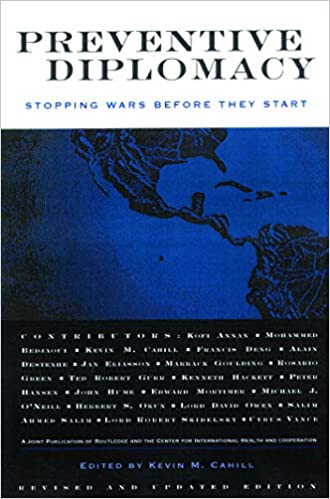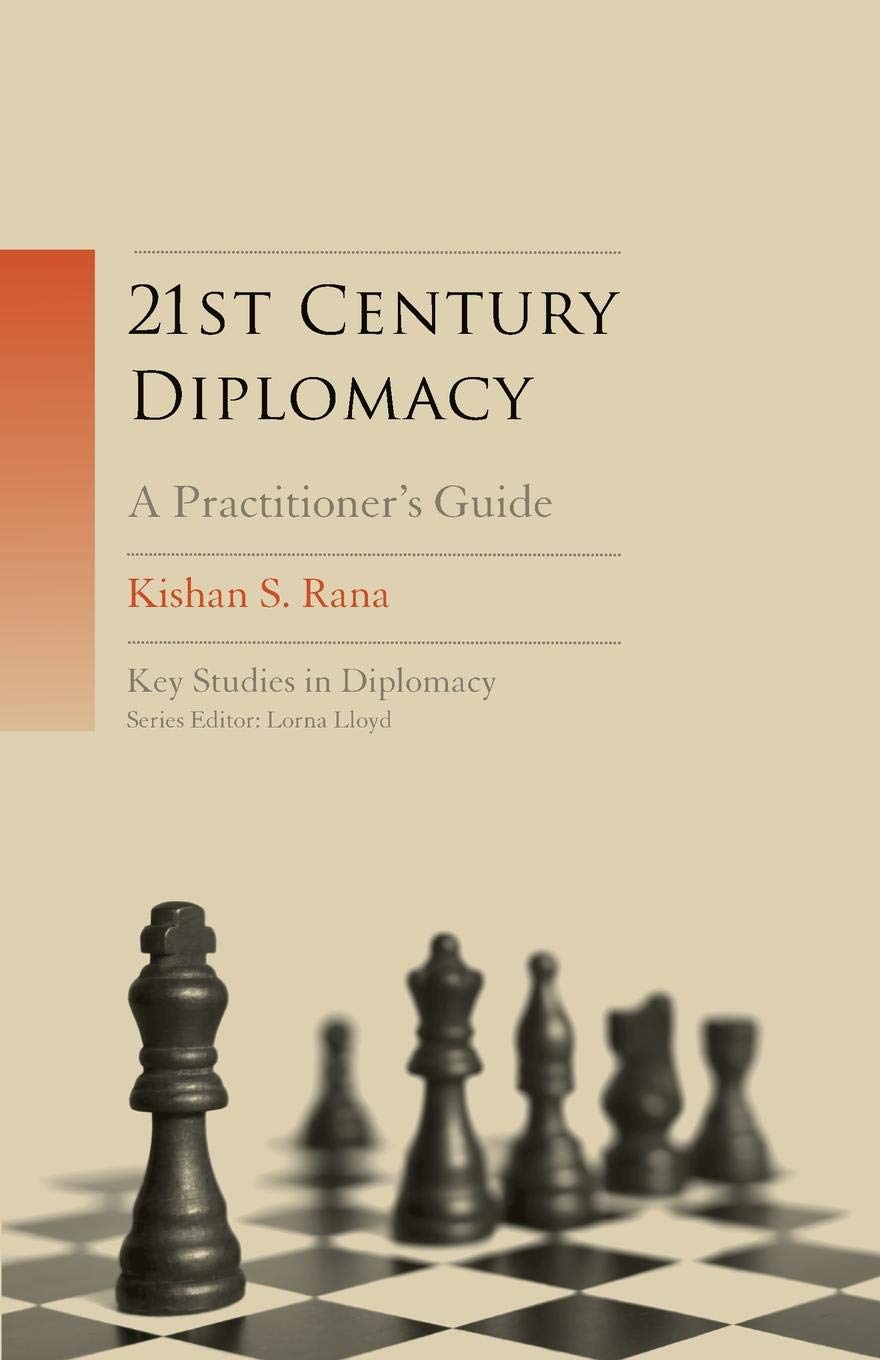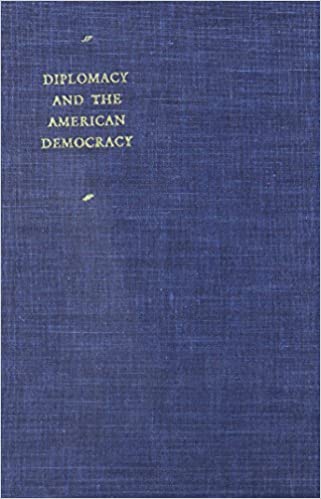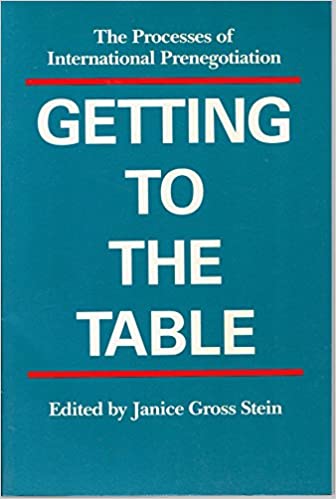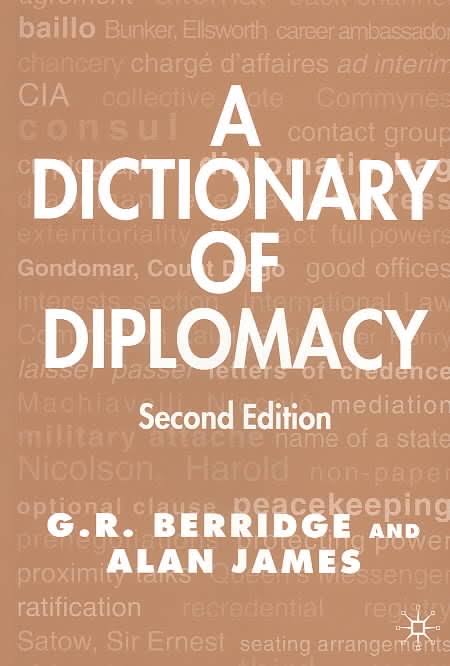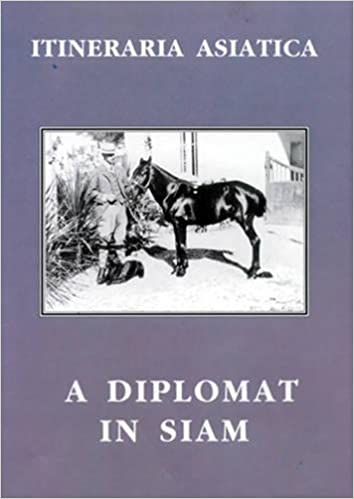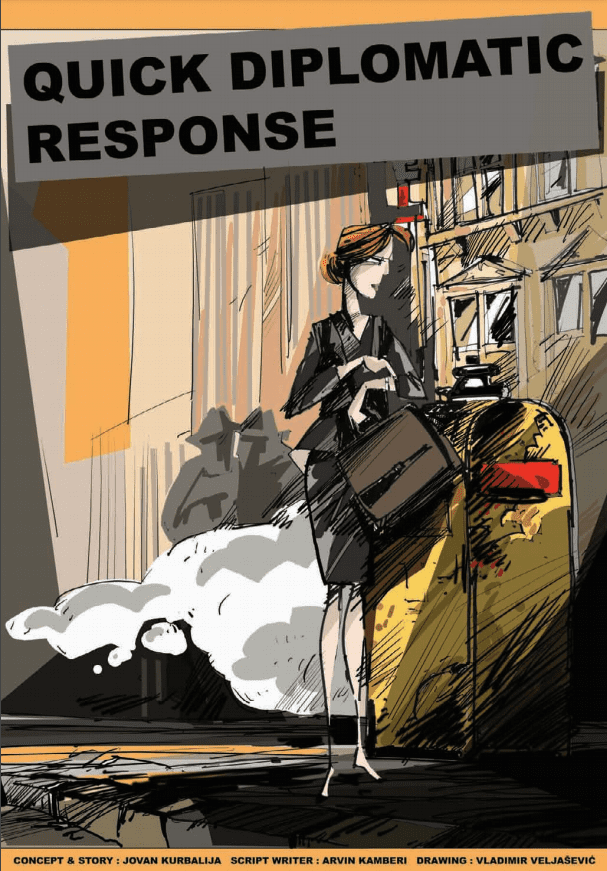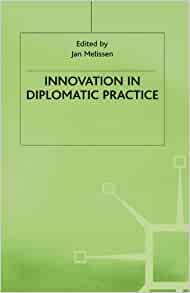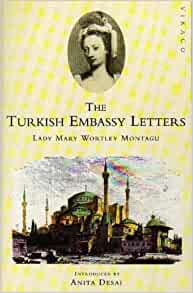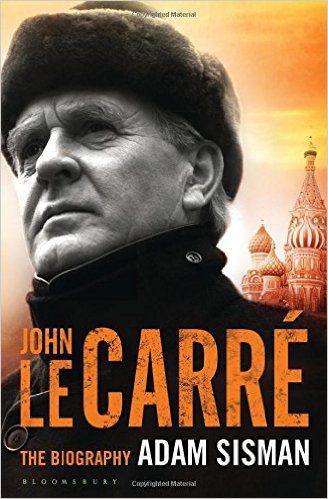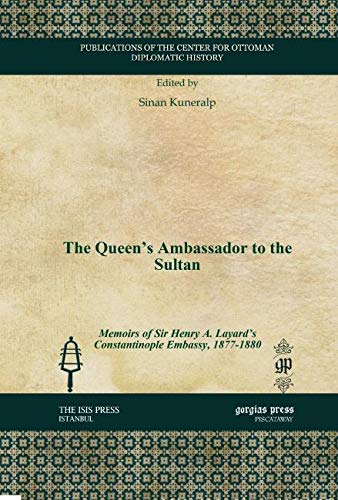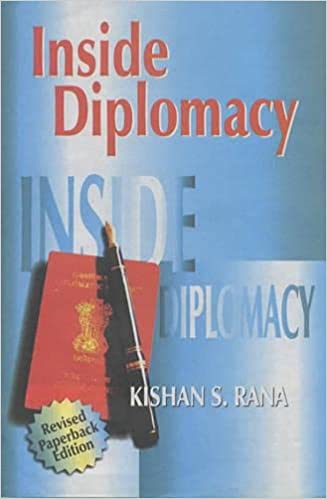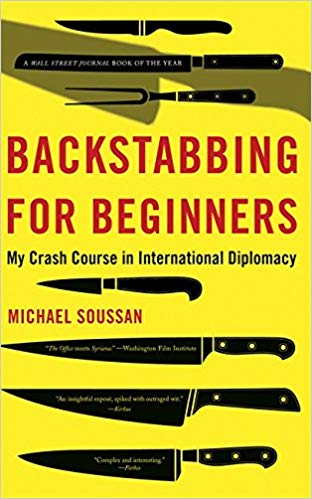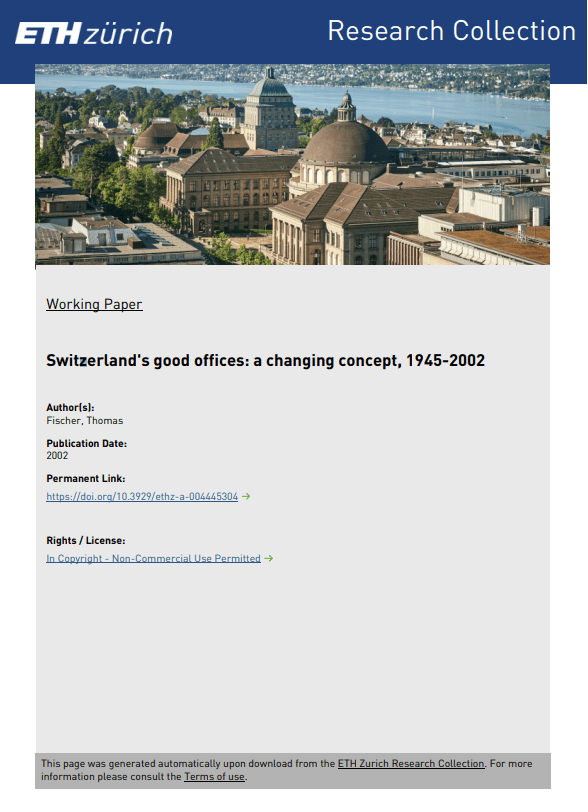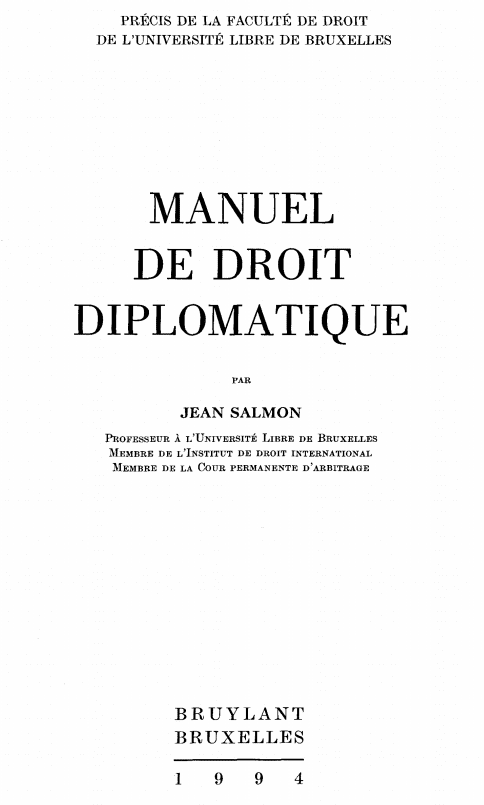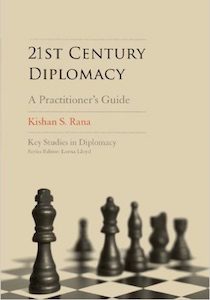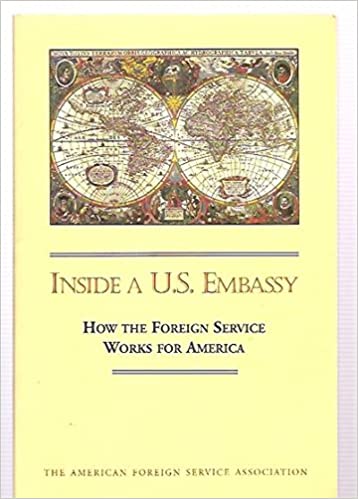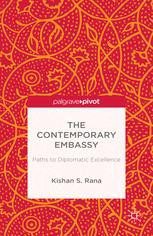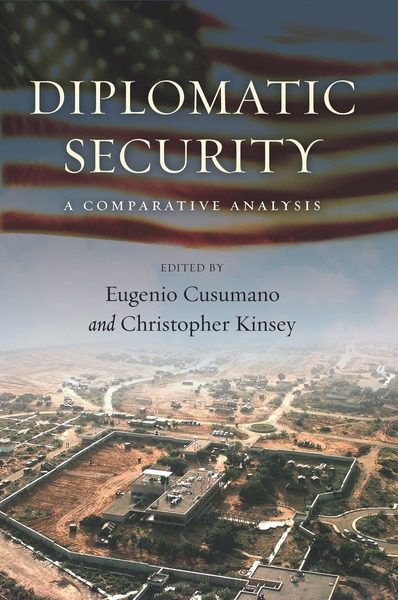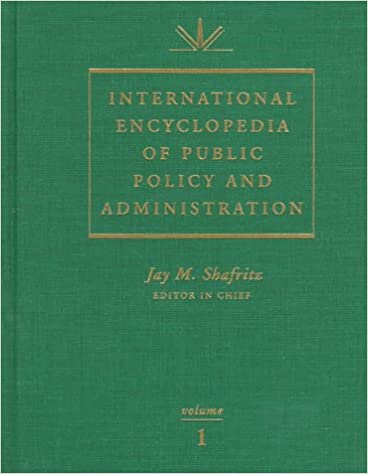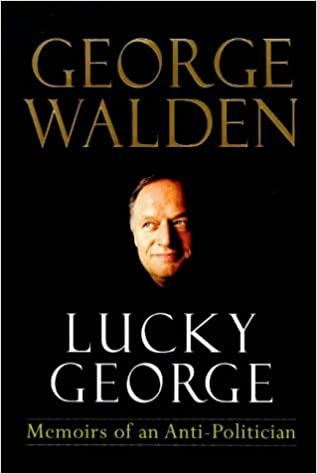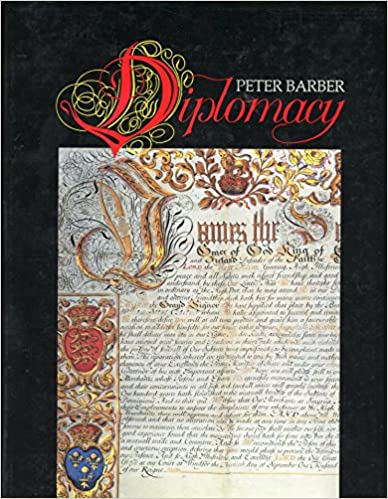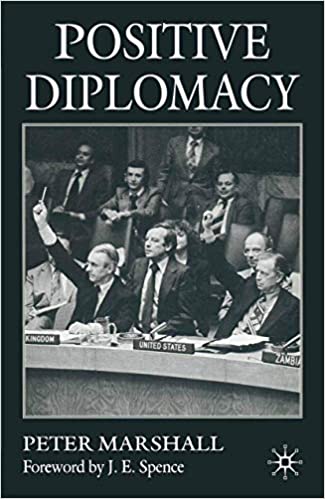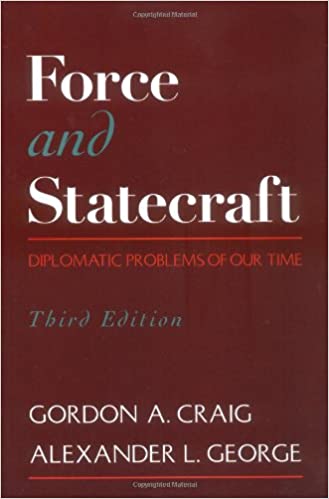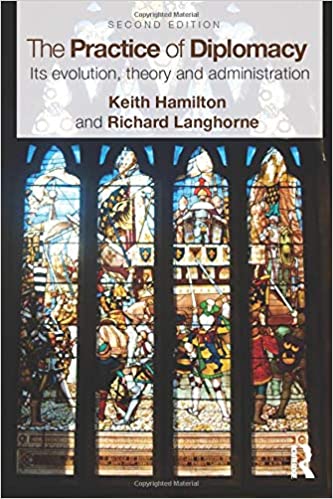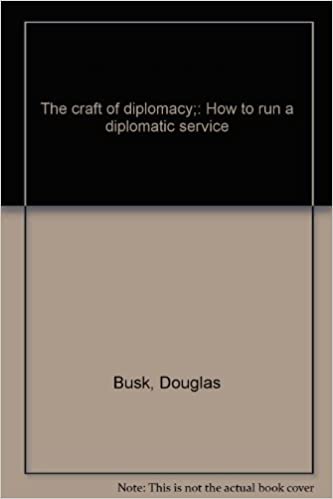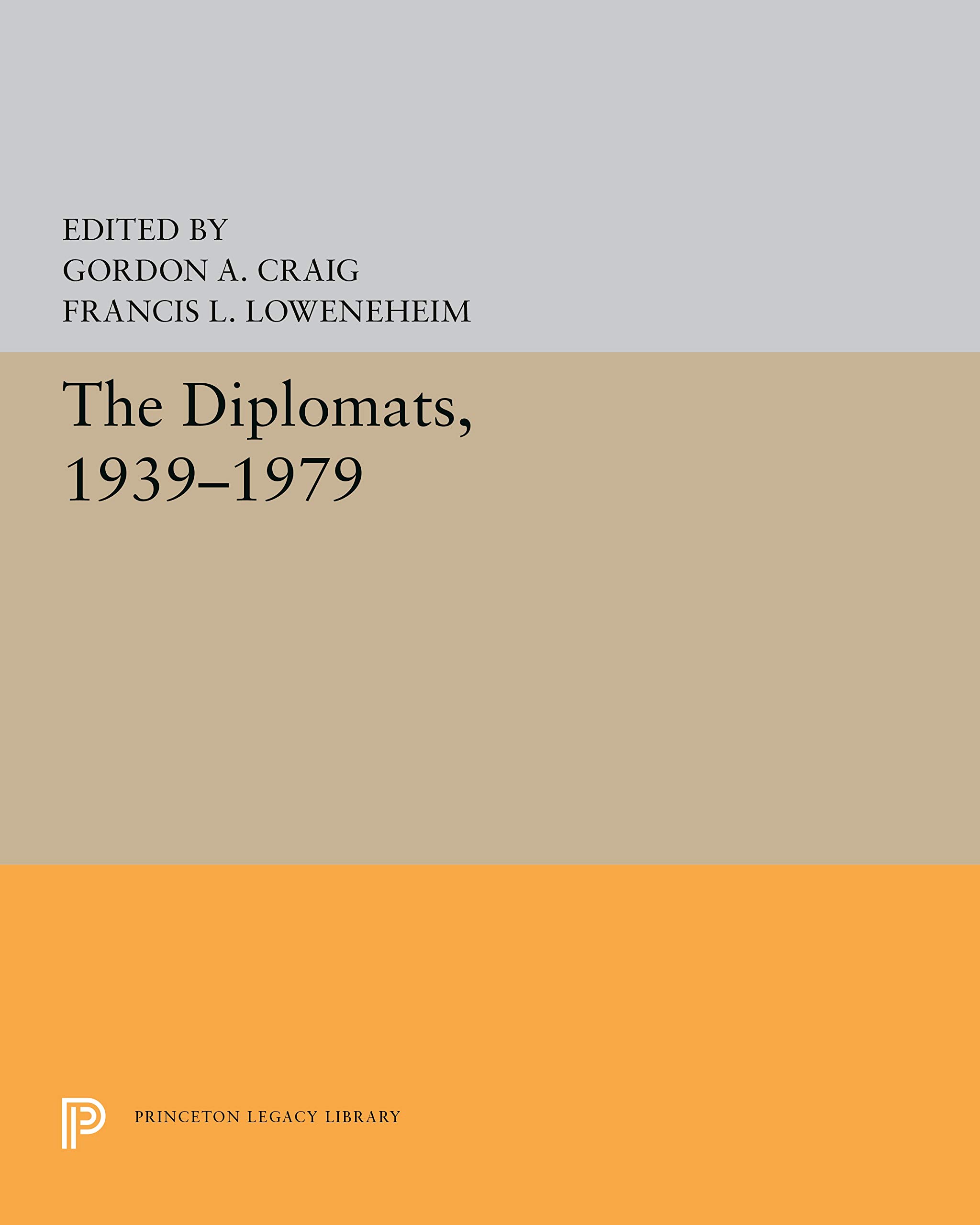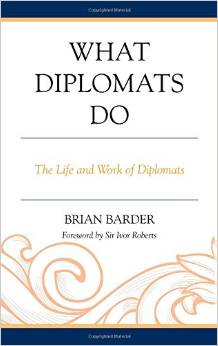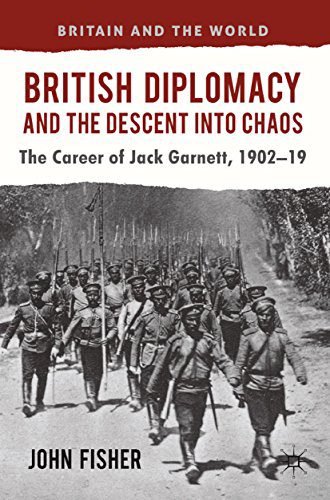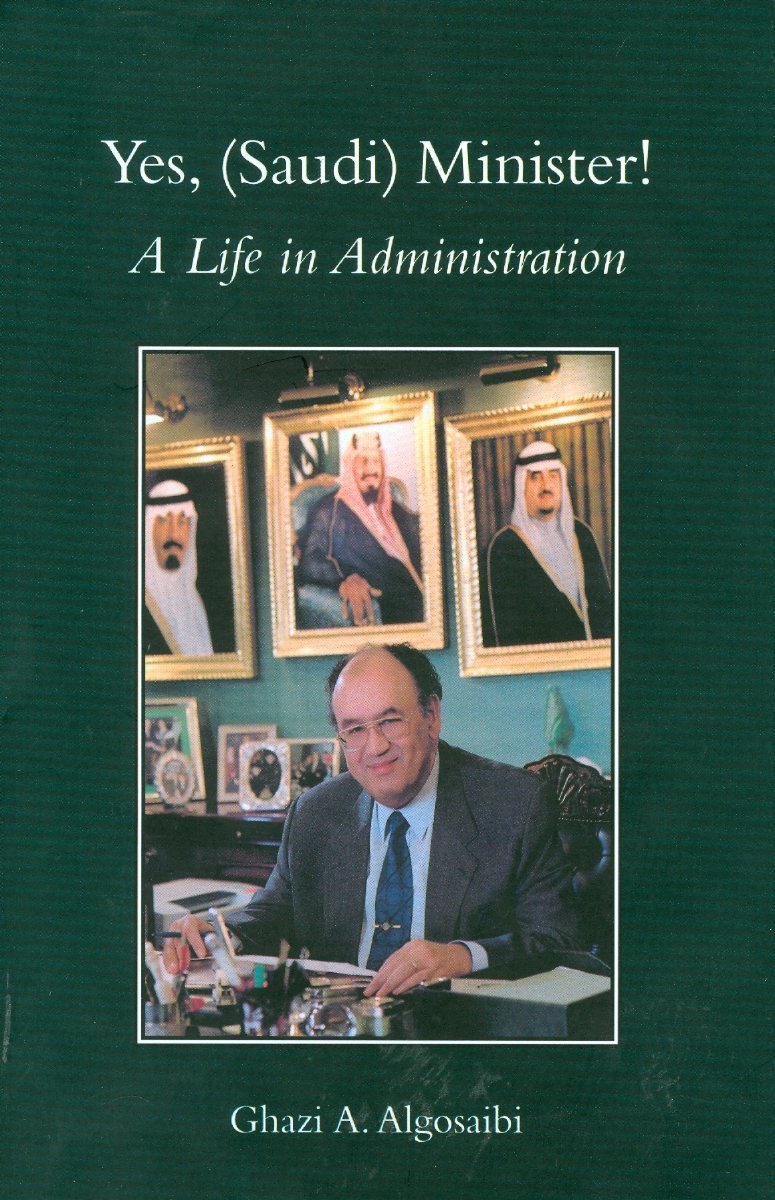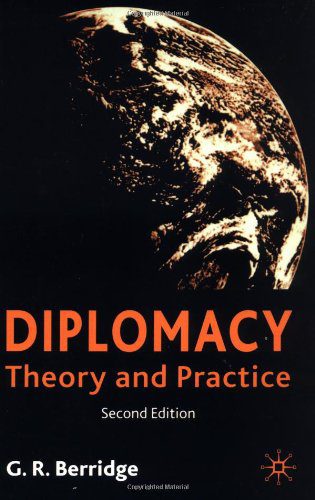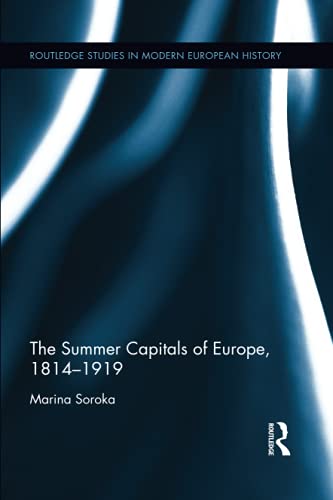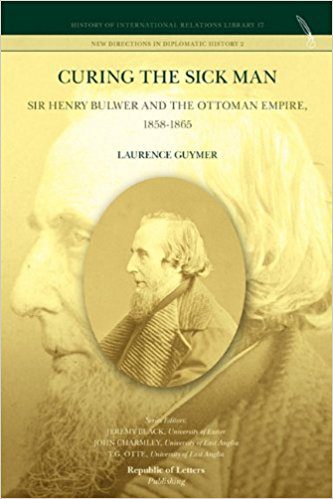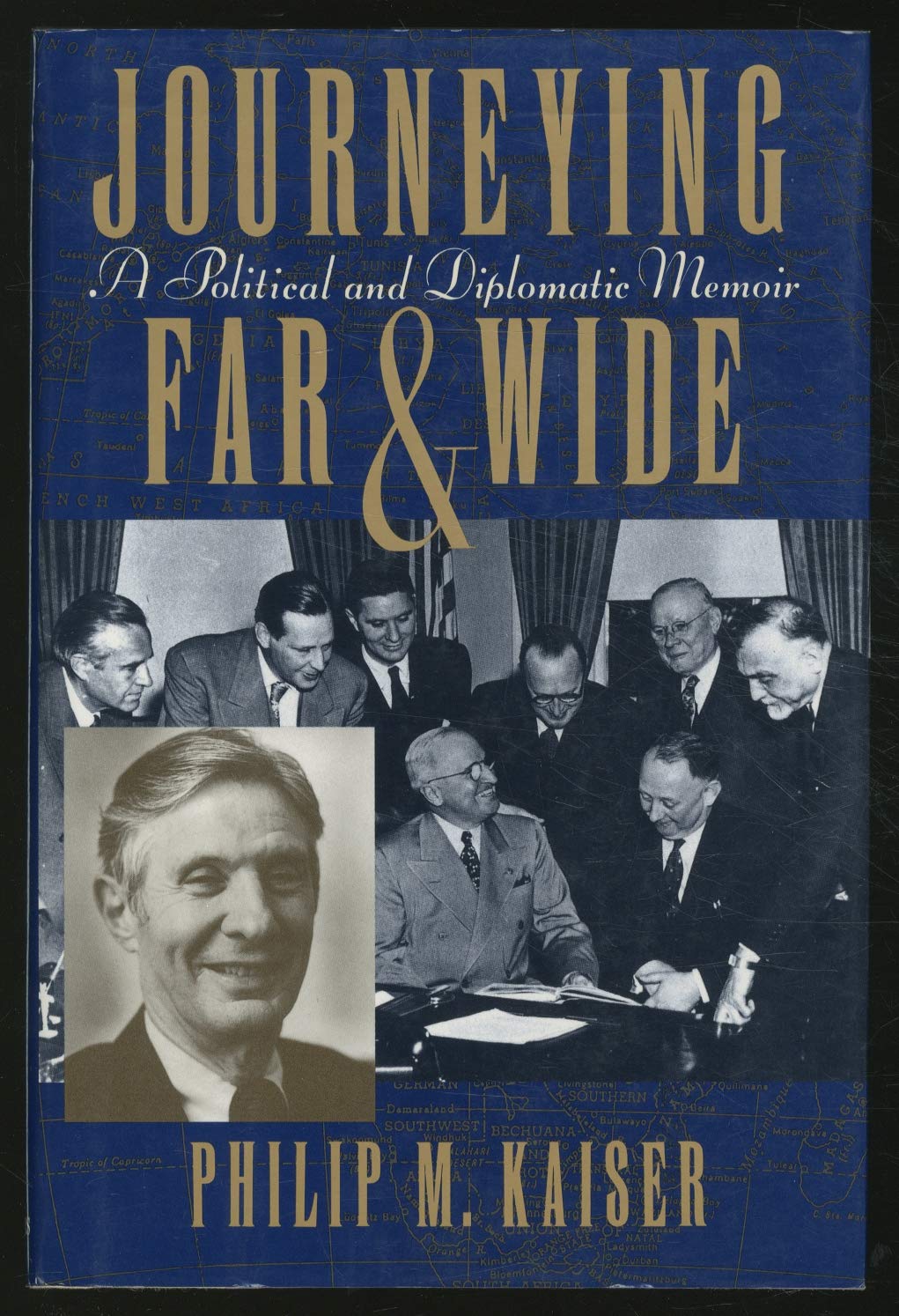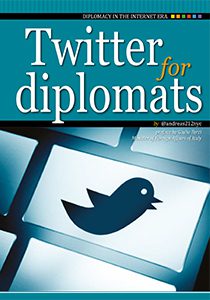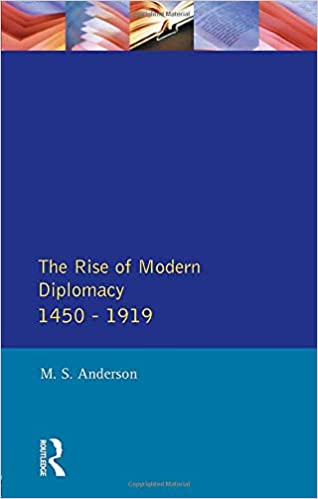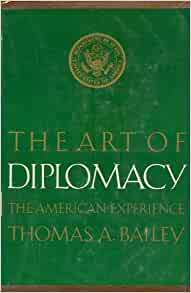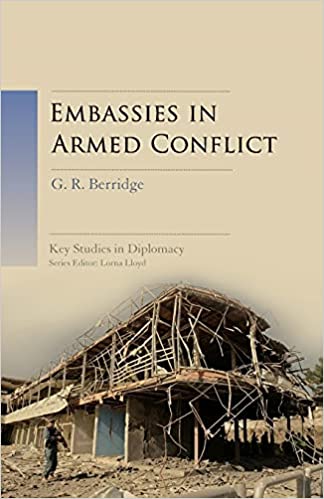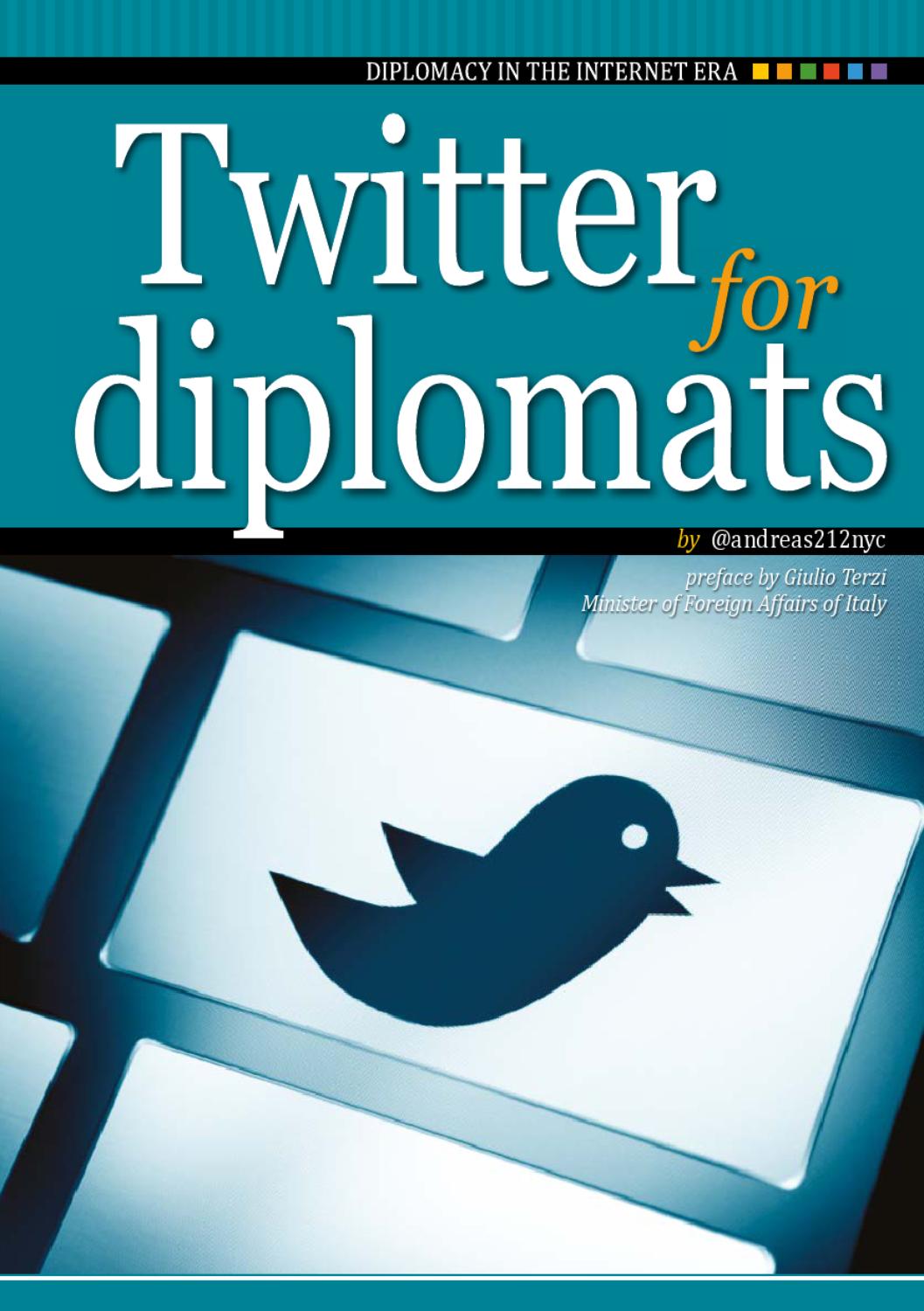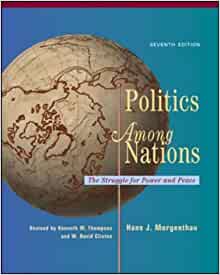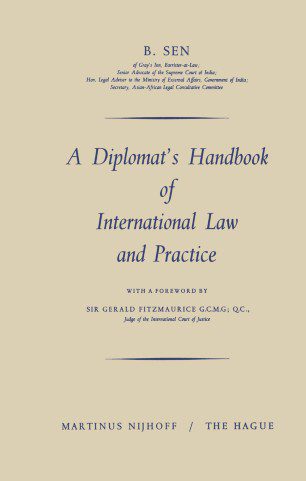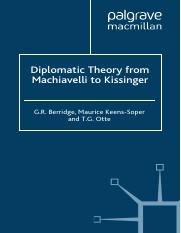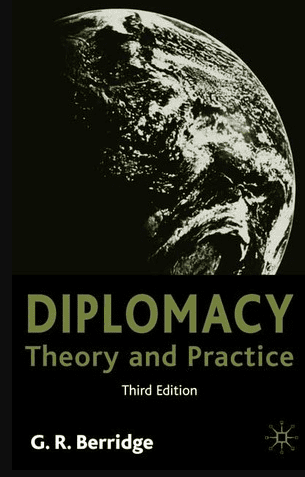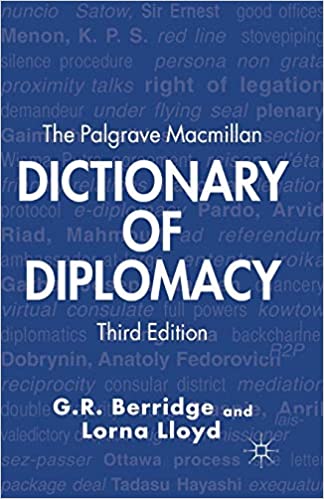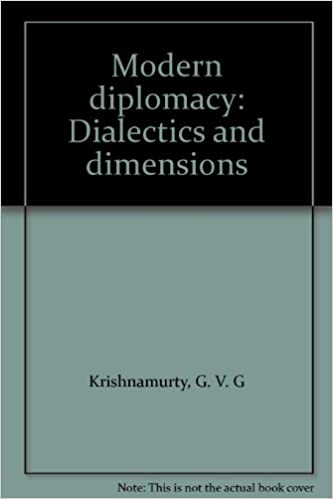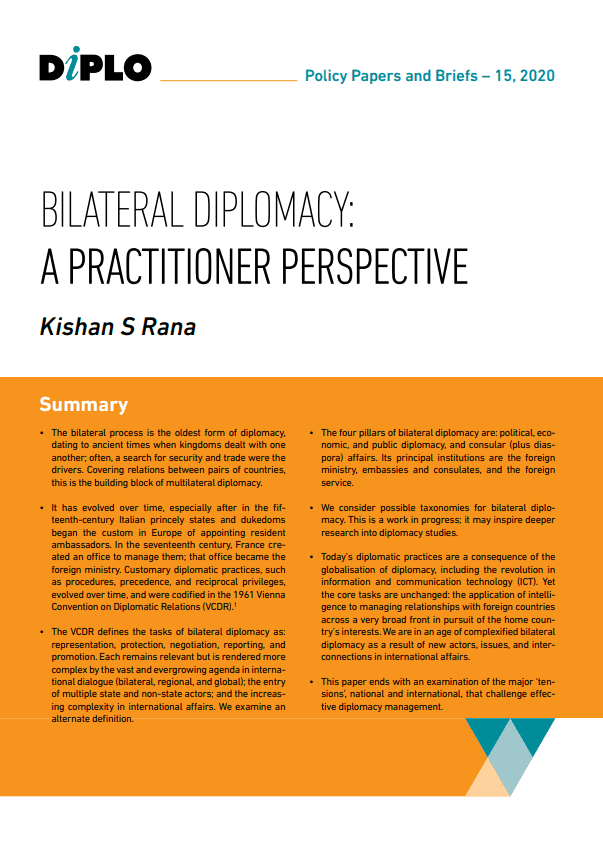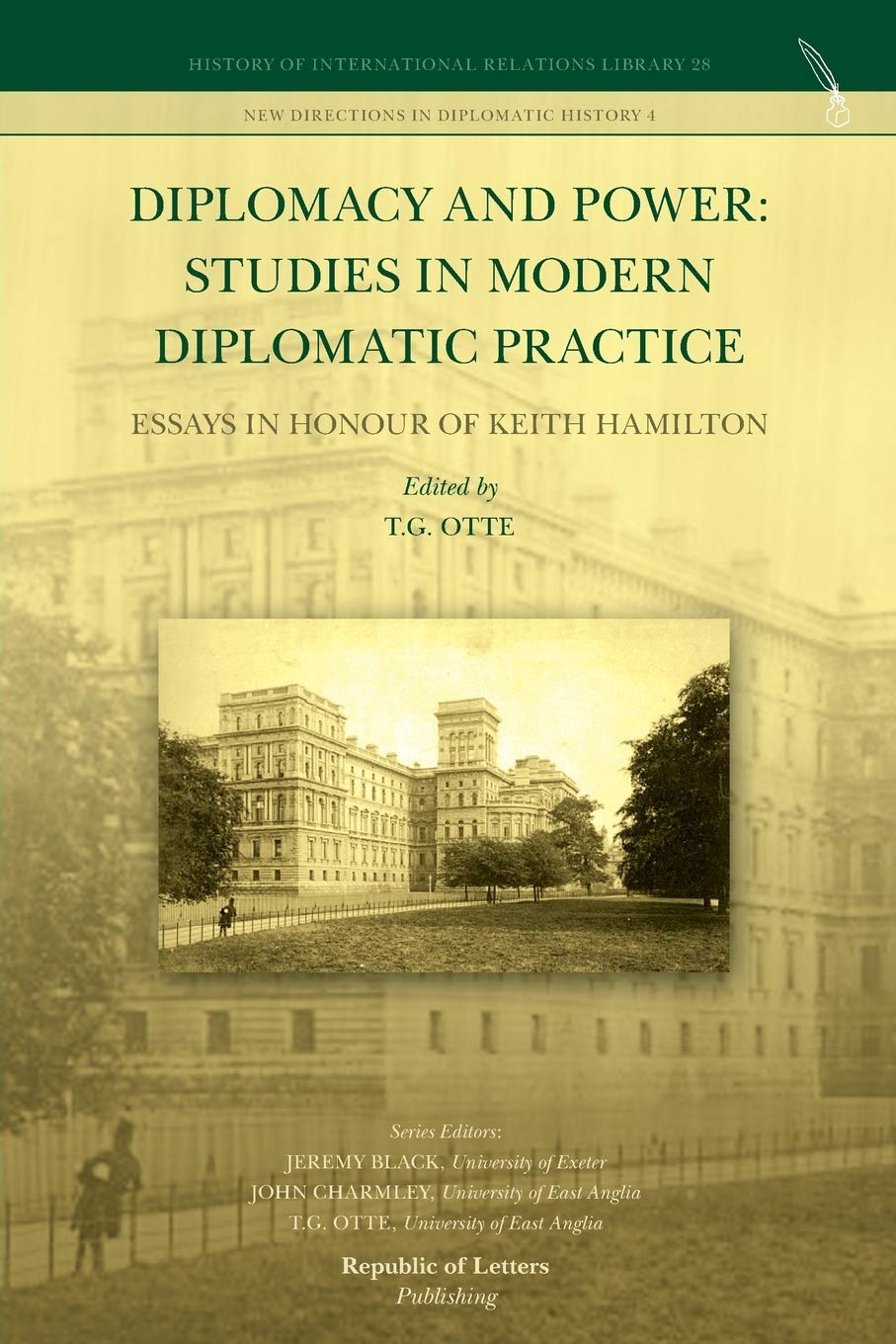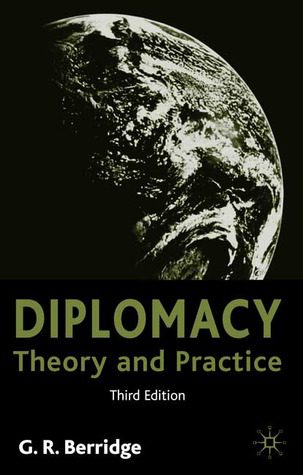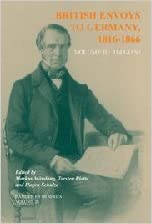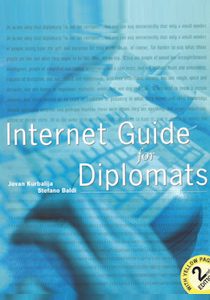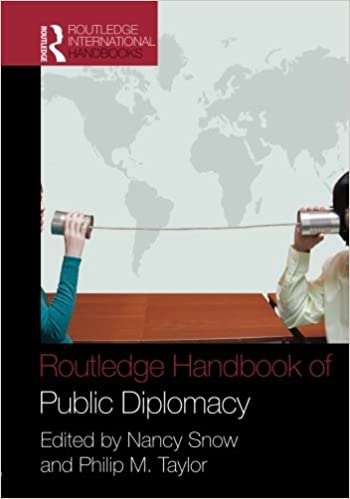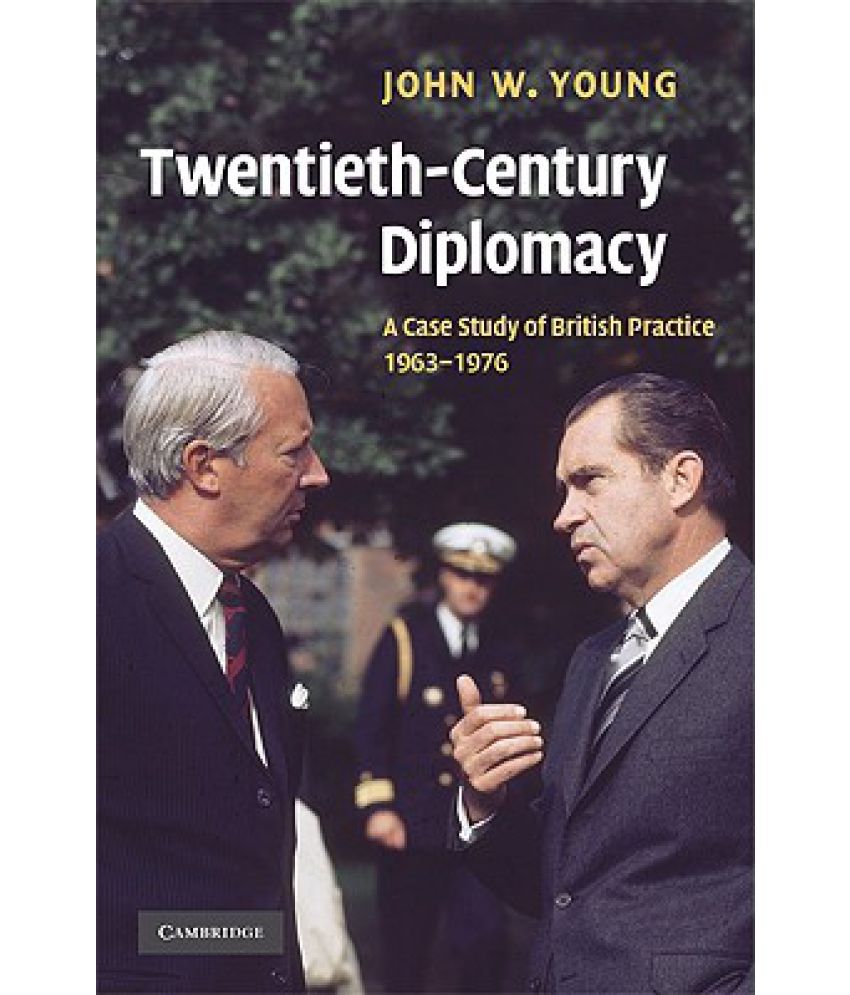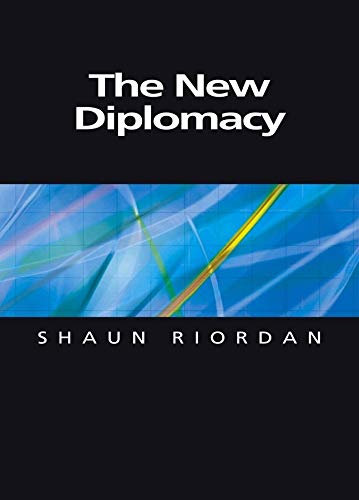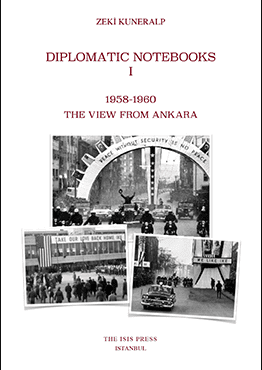A masterpiece of persuasion
When I was invited to contribute to this publication on the topic of persuasion, I naturally placed the issue in a diplomatic context. So, from the start, I had to put away all thoughts of various judiciary systems as well as the persuasion of juries and judges by legal and mainly procedural arguments.
I did so with the sincere regret that I would deprive myself of the opportunity to use a significant illustration of the persuasive power. I am alluding to the well-paid lawyers who made a jury believe that O.J. Simpson did not murder his wife. Notably, the rest of the American public is still persuaded that he did. The issue is no longer breaking news; other murderer was not found and ‘the trial of the century’ is just a banal Wikipedia file. People born recently may be persuaded that O.J. Simpson’s wife actually died of indigestion and not from being stabbed multiple times by her beloved husband. This is what I would call a masterpiece of persuasion.
Words and swords
It seems to me that persuasion is a very relative concept. Like beauty, persuasion is the eye of the beholder. Admittedly, persuasion does not exist in the absence of results. One can say that persuasion can be defined as such, if and only if it is effective and reaches its goals. If we accept this prerequisite, we may find persuasion where we least expect it.
For example, during the Dark Ages, the Inquisition was indeed very effective in persuading heretics and witches to stick to the right thinking. When soft techniques like interviews and frequently asked questions did not work, what could have been more persuasive than torturing the subjects and threatening to burn them at the stake?
Consulted by the Inquisition with respect to the conformity of their cosmologic doctrines to the astronomy and physics research undertaken by the four Evangelists, the academic world reacted differently. Giordano Bruno was not persuaded by arguments from the Church. He was burnt and he left us with his ashes dumped into the Tiber River. Galileo Galilei faked persuasion and escaped the fire. He left us with the famous quotation Eppur si muove.
The inquisitors had no mundane legal basis to respect. The rule of law was rather the law of the ruler. Nevertheless, highly educated as they were, they used to cite Psalm 73, paragraph 27 for their purpose: ‘For indeed, those who are far from You shall perish/ You have destroyed all those who desert You for harlotry.’ And as Shakespeare’s character Antonio would say: ‘The devil can cite scripture for his purpose.’
Finding useful quotations from the Bible still remains an argument nowadays. Yet, not all books were quotable in the eyes of the Church. On the contrary, some books may have been be very persuasive and at the same time very stubborn in their convictions. In addition, the books did not feel pain and they were very resistant to torture. The Inquisitors had a revelation: burning books may be as useful for their purpose as burning people. Centuries later, Goebbels, despite being much less Catholic than the Pope, would bless the autodafé of non-aligned books in 1933 by saying: ‘The future German man will not just be a man of books, but a man of character.’
For the crusaders, persuasion by way of preaching and public speaking preceded more robust efforts to convince pagans to accept the holy claims of the Christian knights. Word in mouth and sword in hand were effective means of persuading indigenous people to accept the right faith and the wrong colonisation.
Robust diplomacy
But let us move to diplomacy, which is after all our area of interest. Much to the credit of my noble profession, diplomacy was very creative in designing new tools of persuasion which were not exclusively based on word power. Honestly, gunboat diplomacy was quite an effective procedure used to persuade undecided interlocutors. Negotiations were faster, the boring speeches of heads of delegations shorter, the reach of compromise quicker. Just try to figure how nicely United Nations negotiations would go on tough questions in New York, if some handsome crusaders patrolled East River and displayed fireworks in the immediate proximity of the General Assembly hall.
Persuasion was also nicely exercised through big stick diplomacy. Judged in terms of efficiency, Theodore Roosevelt cannot but be praised for this practical and theoretical contribution to the art of persuasion with his idea of negotiating while simultaneously threatening military fire power. As progress is inevitable and the world continuously improves, dollar diplomacy came to diversify the soft means available for diplomats, or at least for some of them (those whose Central Banks could print more dollars).
The United Nations did not at all neglect robust persuasion in trying to find acceptable solutions to international conflicts. Economic sanctions have been often used to persuade authoritarian regimes to step down from power, but not before starving the innocent and the poor. But this was taken care of. The Oil-for-Food Programme in Iraq came with its magic. It is true that some people continued to starve. Others got very rich indeed, precisely as a result of it.
Fortunately, recent sanctions try harder to focus more on the ruling regimes, before persuading the people to take to streets. Nowadays, these ways and means look much better and we see the advent of new persuasive embargoes and weapons, like smart sanctions and even smarter drones.
Persuasive metaphors
But let us not forget the hard operations called so softly safe havens and no-fly zones. It is true that those means were often not persuasive enough. The names of military operations themselves are called to play a role. For example, had I been Saddam Hussein, I would have been definitely persuaded by the planning of Operation Shock and Awe. Or, being Iraqi or an Afghan mujahedeen, one should be highly insensitive to resist the luring appeal of Operation New Dawn which brings us again a touch of poetry in realpolitik.
From bad practices to good theories
After this introduction to the wonderful world of persuasion, seen from a practical perspective, let us try to attach to it a more scientific approach. I looked into a solid book to find the best definition and I found this: ‘Persuasion is the process by which a person’s attitudes and behaviour are, without duress, influenced by communications from other people’.[1]
Oops! So, the essence of persuasion is communication. Other factors such as threats and physical coercion are not really part of the picture, suggests the respectable Encyclopaedia (V2012). As an illustration, torture may work very effectively but it cannot aspire to the glory of belonging to the noble family of persuasion. No wonder why we now have a United Nations Convention against Torture!
Yet, the same Encyclopaedia kills the joy of those who were about to believe that persuasion is entirely honest business. It admits: ‘Persuasion often involves manipulating other people, and for this reason many find the exercise distasteful.’ To be frank, so do I! Shame on the manipulators, from politicians in electoral campaigns to invasive TV advertising!
Despite being distasteful, it seems that manipulation is indeed a very popular technique of persuasion. However, to the extent that we do not have a UN Convention against Manipulation, any campaign based on arguments such as ‘they have weapons of mass destruction’ or ‘they have nuclear weapons’ may be seen as decent an attempt at persuasion as anything else.
Finally, Encyclopaedia Britannica tells us: ‘In European universities of the Middle Ages, persuasion was one of the liberal arts to be mastered by any educated man.’ Obviously the members of the ecclesiastic tribunals, assembled under the auspices the Inquisition, graduated from other universities.
Persuasion by repetition
As we have alluded to universities, we cannot escape making a link between persuasion and education. Persuasion implies that someone assimilates knowledge by being exposed to new information. Repetition of the messages containing the new information will modify learning, thus having a persuasive impact as well.
One may remind me that a repeated lie becomes a truth. Well, yes. Nobody is saying that persuasion is always in service of truth and other just causes. Remember the mass suicide of the People Temple’s followers in Jonestown, Guyana, 1978? No one can doubt the high skills displayed by Jim Jones in providing some kind of religious education to 909 members of the sect and convincing them to commit suicide. This is an illustration that both education and persuasion work very well if they are preceded by a robust effort to brainwash your target audience.
Propaganda: the step-brother of persuasion
I was about to end these considerations, when another concept raised its ugly head, to obscure the picture even more. Propaganda is also a systematic effort to persuade people, by manipulating their beliefs, attitudes, or actions. It is said that heavy emphasis on manipulation distinguishes propaganda from the free exchange of ideas and persuasion. The propagandist has a specified goal or set of goals. To maximise the effect, propaganda may omit pertinent facts and distort them. Persuasion may be more gracious, but it is not as alien to the evil nature of propaganda as we would like it to be.
Diplomatic persuasion
Persuasion, as depicted so far, may look to diplomats as a skunk at a lawn party. Obviously it was not my intention to recognise any virtue in the degenerate distant relatives of diplomatic persuasion. To quote Shakespeare again: ‘Some rise by sin, and some by virtue fall’. Persuasion still has a life and a future in the multilateral diplomatic context, doesn’t it?
The main objective of diplomatic communication is persuasion through non-violent means. The word is the main vehicle. In ancient Greece, the agora activists observed that everything depended on the people, and the people were dependent on words. Wealth, fame, and respect could all be arrived at by persuading the populace. The same goes for the arenas of multilateral diplomacy. With one important remark, though. ‘People’ in the conference rooms are more or less as educated and as informed as the people on the rostrum.
From orators to speakers
There was a time, in a remote and glorious past, where indeed working with the word in multilateral diplomacy had something to do with oratory. Oratory is still the practice of persuasive public speaking. It is supposed to have immediate impact on its audience’s relationships and reactions. In theory, an oration involves a speaker and an audience. It is also expected to carry a message by voice, articulation, and ‘bodily accompaniments’.
The orator ought primarily to be persuasive rather than informative and entertaining. A genuine orator need not be a logician, but to have a capacity for good and clear thought and to use analogy, generalisations, assumptions, deductive/inductive reasoning, etc.
Nowadays, in multilateral conferences, oratory is no longer needed. Had they been endowed with Demosthenes’ public-speaking gifts, the diplomats at the United Nations would not be able to display their talent anyway. Some of the prerequisites of a persuasive speech are no longer relevant.
One hundred and ninety-three nations share six official languages at the United Nations. Only a minority of the delegates use their native language while the rest have to listen to simultaneously interpreted versions as dull as dishwater. The only decent approach to articulation is to speak slowly enough to allow the interpreters to understand the content and convey it properly. Yet, speaking slowly and at the same time conveying a rich and convincing message is difficult when the speaker must not exceed the time allocated.
Many years ago, I had the opportunity to listen to Fidel Castro for more than one hour in a plenary meeting of the General Assembly. We sat in perfect silence. Now, heads of states and governments can only aspire to 15 minutes. In the Human Rights Council, the speaking time allocated to an ordinary diplomat varies between 2 and 5 minutes. A successful speech is a short speech. The chairpersons will usually praise the short interventions rather than the smart ones.
‘Bodily accompaniments’ would be definitely ridiculous. The best speakers may turn out to be those equipped with prompters helping them to look extemporaneous. In informal meetings, PowerPoint presentations are replacing prompters, written declarations and, occasionally, the real knowledge of the speaker on the subject dealt with.
The higher ranked the speaker, the more likely it is that the text presented is written by somebody else. Yes, some political figures are assisted by qualified speech-writers. Yet, at the United Nations, most of the topics discussed are specialised. Input usually useful to brilliant electoral campaigns, such as generous promises, beautiful visions of a happier future, and confetti, cannot find their place. Texts are written, compiled, and approved collectively by more or less obscure bureaucrats. If there was any sparkle in the initial draft, it is inevitably lost at the end of the road.
The twilight of the audience
The audience is there. And in diplomacy, it is considerably more important than the speaker. People speak more and listen less. For the speaker to be persuasive, they need to capture attention, comprehension, and retention of the message. According to Aristotle, an essential mode of persuasion that a speaker may exercise is the ‘the excitation of desired emotions in the audience’.[2] The audience should be catalysed by new ideas, galvanised by calls to action, and electrified by the speaker’s enthusiasm. As you can see, good chemistry is not sufficient; basic physics is also needed.
The United Nations, unlike the Greek agora, works with internationally adopted concept and norms, which are meant to be understood in all countries of the world. The ‘excitation of emotions’, desired or not, is not very productive. Retention is provided by précis-writers, chairpersons’ summaries, and adopted conclusions, which keep track of what was meaningful for the organisation and cast the rest into oblivion.
Yet, with the development of communications technologies, attention in multilateral conferences is a very scarce commodity. Taking notes on laptops provides abundant alibis to all diplomats guilty of absent-mindedness. They exchange e-mails, SMSs, photos; they check the news in their own countries, speak on their mobile phones and Blackberries, tweet, and chat. As technology gets smarter, the gadget holders get dumber. They are physically in and virtually out. No wonder why persuasion is no longer a keyword in most diplomatic dictionaries and that Diplo is trying hard to re-discover it.
Unfair persuasion
Faced with so many bad influences, I still believe that there is a self-portrait that persuasion can paint for itself. There are still decent ways to practice persuasion in good faith. A cautious approach is a short list of what it is not diplomatic persuasion, although it may sound like one. Trying to impose exclusively one’s own views and ignoring the fundamental interests of the other side, for example, is mere pressure not persuasion.
Basing one’s positions and attitudes on personal considerations rather than on principles is unfair, even if it is effective. Wikileaks revealed postures that are embarrassing for many. I do not dare to give illustrations on this one. I will stick to an old quotation that the perspicacious reader can easily attribute: ‘He may be a son of a bitch, but he’s our son of a bitch.’ Without a moral stand, persuasion does not work.
Making promises one has no intention of keeping and forcing the other side to make commitments that cannot be kept either may squeeze an agreement that will not last and make the issue at stake even more complicated. This kind of persuasion is fraudulent.
Using arguments which will blow up in your face later and undermine your credibility is not only diplomatic malpractice, but also it could have huge unwanted consequences. The ‘weapons of mass destruction’ argument in the case of the second campaign against Iraq is one such example.
In the case of the United Nations-blessed intervention in Libya the use of the ‘responsibility to protect’ concept was done by-the-book until that moment where the objective of the campaign became ostentatiously the overthrow of the regime. Not surprisingly, ‘the responsibility to protect’ lost its appealing power and trustworthiness in the case of Syria. Many judgments of the International Tribunal on former Yugoslavia not only failed to persuade, they also cast doubts on its impartiality.
Fair persuasion
Yet there are still legitimate and fair tactics to persuade your partners:
- Identify which of your own arguments may be acceptable to the other side.
- Identify those arguments that are not shared by the other side but are shared by third parties, which are closer to your interlocutors
- Use arguments that are neutral, although they still serve your purpose.
- Identify and use arguments that also serve the public good.
- Identify among the possible arguments those that serve the interest of the other side, but which are not harmful to yours.
- Make a few concessions that will not alter your position substantially, but which will give enough ground to satisfy the other party.
- Offer decent and credible face-saving options in exchange for the concessions the other side may have accepted.
You may expect examples and illustrations of these simplistic precepts, if possible taken from reality. Where on Earth, do you, distinguished and educated reader, want me to find such examples? These are principles! You do not really expect these nice, good-looking phrases to replace torture and fire, guns and drones?
Their power of persuasion is limited, unless all parties are persuaded that they may work and bring the same results at lower costs.
